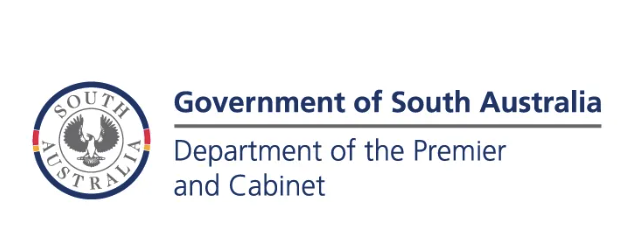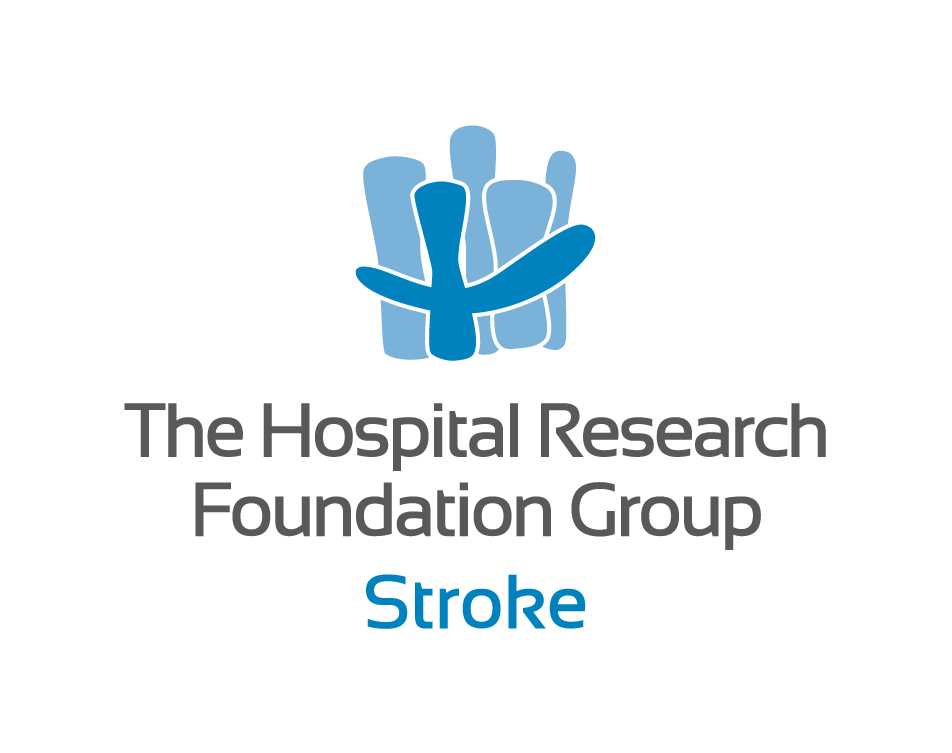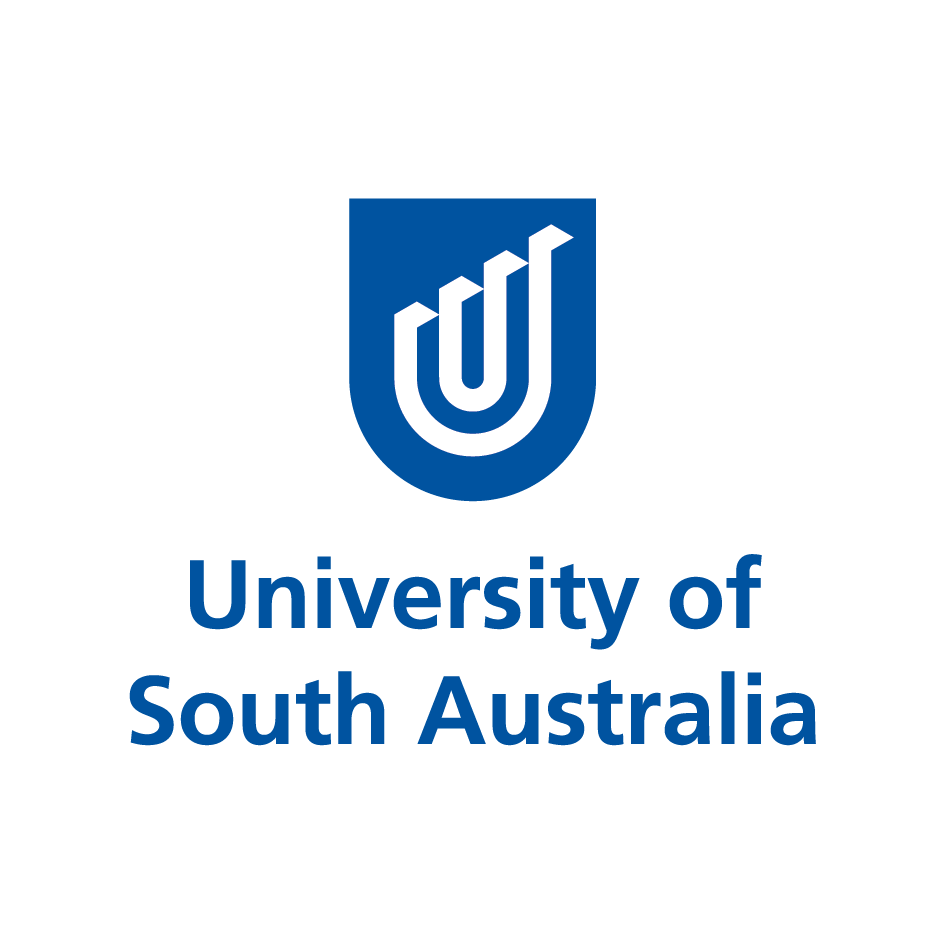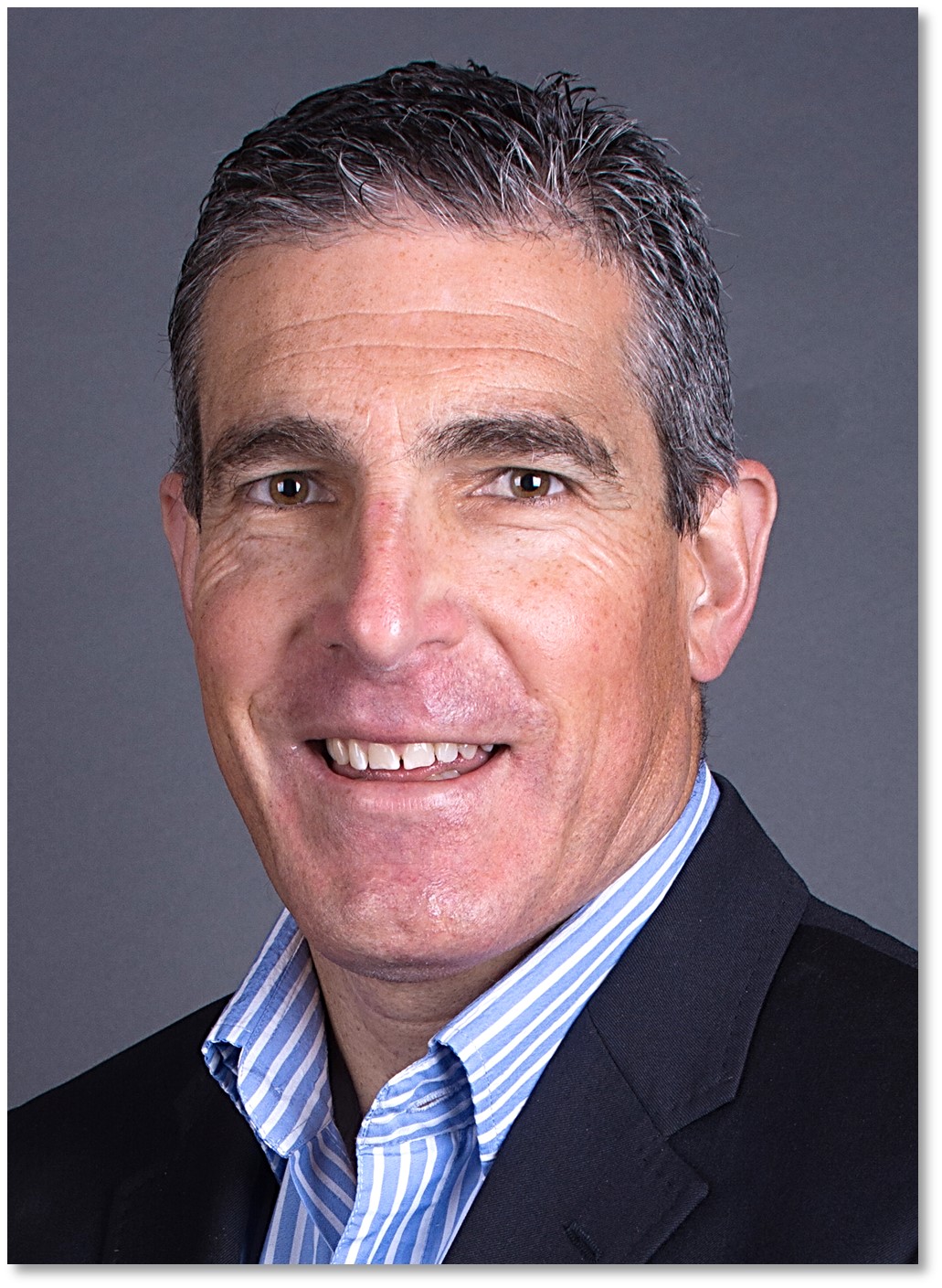
|
Professor Jon Patricios has been a sports medicine physician for 28 years. He is currently Director of Waterfall Sports Orthopaedic Surgery in Johannesburg, South Africa and Professor in the Faculty of Health Sciences at the University of the Witwatersrand where he leads the Wits Sport and Health Research Group. He is founder and Director of Sports Concussion South Africa, a sports concussion consultant to World Rugby, a board member of the international Concussion in Sports Group, co-chair of the scientific committee for the International Consensus Conference on Concussion in Sport, was a member of the independent concussion advisory panel for the Fédération Internationale de Football Association's (FIFA) 2022 World Cup and in 2023 joined the Union of European Football Associations' (UEFA) Head Injury Advisory Committee. He is an editor of the British Journal of Sports Medicine and served two terms as President of the South African Sports Medicine Association. |
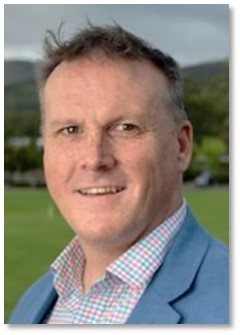
|
Dr. James McLoughlin is a physiotherapist with over 25 years’ experience in neurological and vestibular rehabilitation. In addition to a degree in physiotherapy from The University of South Australia, James also completed a Masters in Clinical Neuroscience with Distinction from the Institute of Neurology at University College London and a PhD in gait and balance from The University of New South Wales. Since 2006, he has also been Director of Advanced Neuro Rehab (ANR) in Adelaide. ANR has become a centre of excellence in Australia for clinical support for people with neurological and vestibular conditions - employing 18 physiotherapists and providing professional development globally. James is also an Associate Professor at Flinders University and is a globally-recognised leader in the specialist teaching in the field of neurological physiotherapy, developing Flinders’ post-graduate Masters program in Neurological Physiotherapy in 2011 - the only one of its type in Australia. James has been an invited speaker at over 50 different local, national, and international clinical and research conferences. James is also a Founding Director and holds the position of Head of Academia and Research at Your Brain Health. |
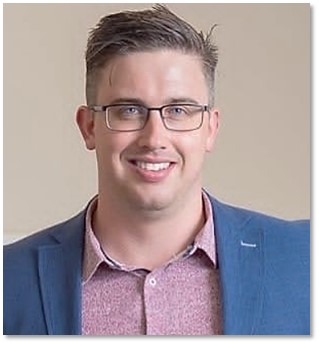
|
Dr. David Stevens is NeuroFlex’s Head of Medical and Research for the Asia Pacific, as well as an Adjunct Researcher at Flinders University, and the University of Pretoria. David’s research has covered a broad range of neurological areas, from cerebral blood flow, to sleep physiology, to neurodegeneration. Along with being involved with NeuroFlex’s work int concussion monitoring, David is researching the efficacy of the NeuroFlex as a clinical tool in aging populations, as well as for performance and fatigue monitoring. Prior to joining NeuroFlex, David received his PhD from the University of Sydney, before embarking on a Postdoctoral Research Fellowship in at Flinders University. |
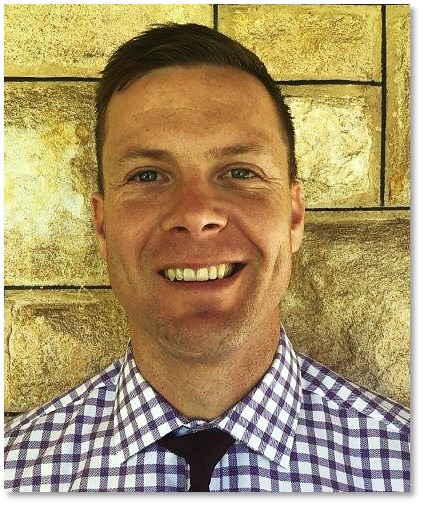
|
Luke has a Bachelor of Education and is completing his Masters in Educational Leadership. He is currently serving as the Deputy Head of St Johns Grammar School in Adelaide. Luke played 194 games with the North Adelaide Roosters in the South Australia National Football League (SANFL). During his football career he sustained multiple concussions and was diagnosed with probable Chronic Traumatic Encephalopathy (CTE) in 2022. Luke is now on a mission to raise awareness around concussion safety. Last year he visited over 30 sporting clubs and this year he is spreading the message across schools in Adelaide. |
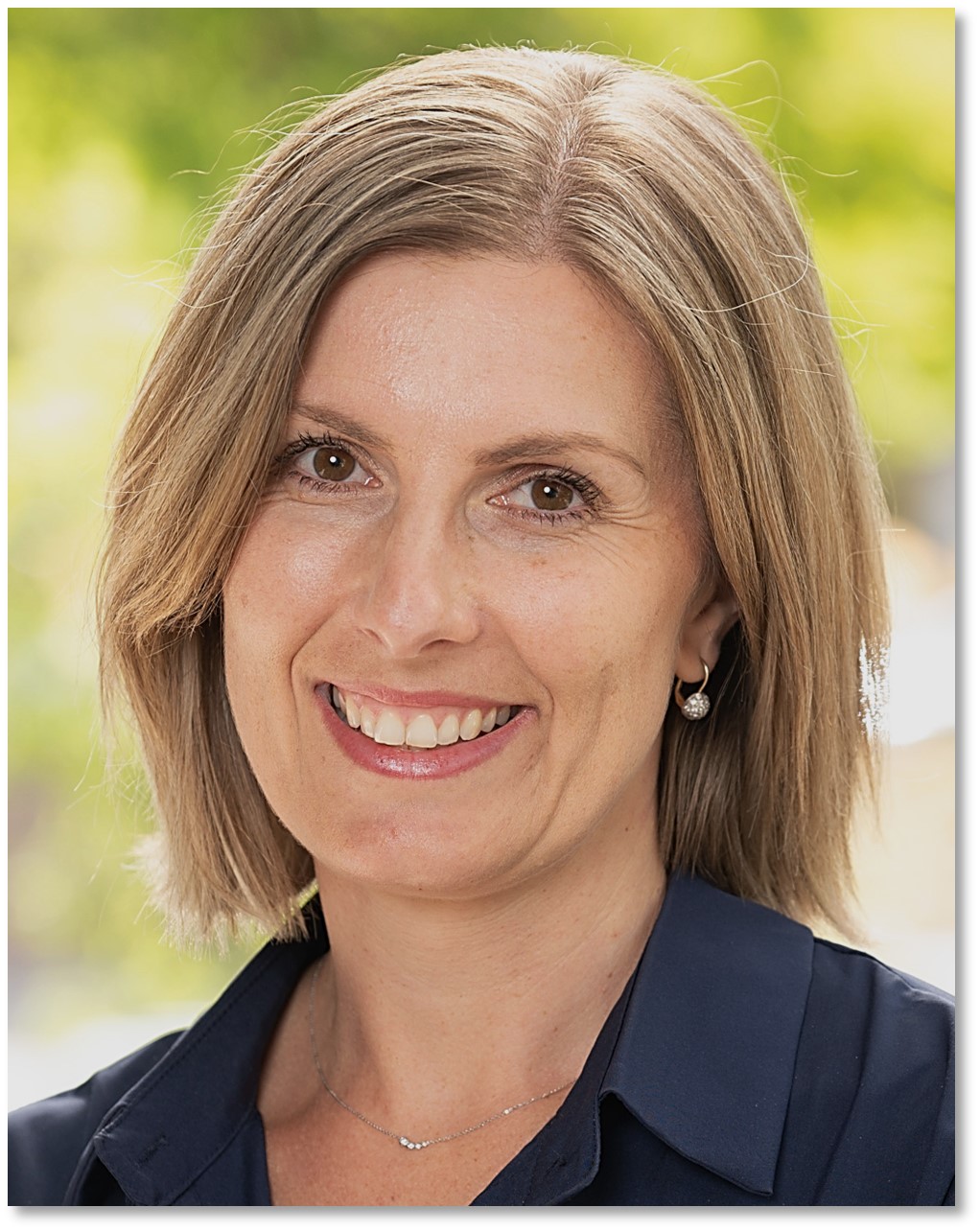
|
Tania Straga is principal orthoptist at Adelaide Eye Therapy, and has more than 20 years’ experience in paediatric and adult eye care, with a special interest in strabismus, eye movement, eye co-ordination disorders, and concussion-related eye problems. She has worked in private practice in Adelaide since 2003 and at various public appointments including The Women’s and Children’s Hospital, Flinders Medical Centre, Modbury Hospital, The Royal Adelaide Hospital, The Royal Children’s Hospital Melbourne, and the Broken Hill Base Hospital. She graduated with a Bachelor of Orthoptic and Ophthalmic Sciences from La Trobe University, Victoria in 2003. She is an active member of Orthoptics Australia since 2003 and has been registered with the Australian Orthoptic Board including a Certificate of Currency since then. She has publications in several peer-reviewed journals, mainly in the area of genetic eye conditions. |
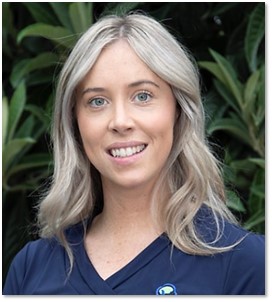
|
Liz Jemson-Ledger is a neurological physiotherapist with both a Bachelor of Physiotherapy and a Masters of Neurological Physiotherapy. After working in an acute brain injury unit, her passion for a multimodal approach to brain injury rehab and vestibular conditions quickly grew into a specialised focus on rehabilitation from concussion. She has worked in the development and implementation of baseline concussion testing protocols with elite sporting clubs, conducted research around neck function and fatigability in concussion and has recently developed and launched a 12-hour concussion online learning resource for health care professionals. |
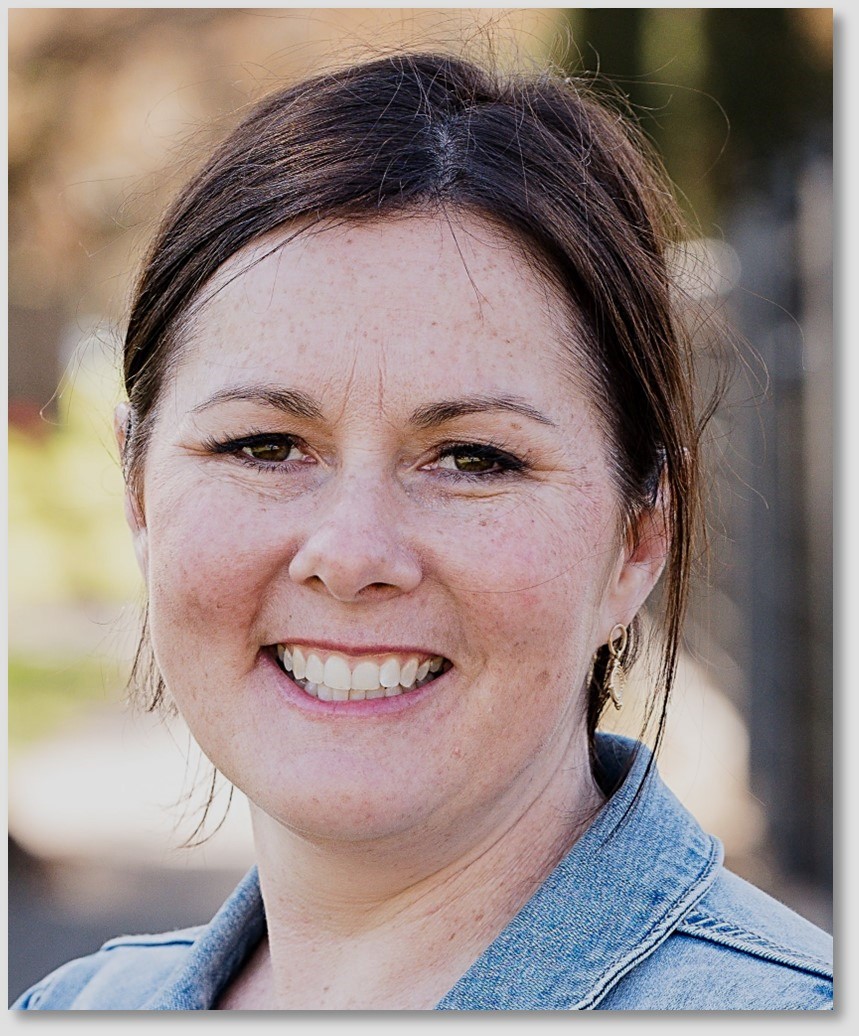
|
Nicole Eglinton is CEO and Principal Audiologist at All Ears & Speech and Little Allied Health. She holds a Master’s Degree in Audiology from Flinders University and a Bachelor of Science in Psychology. Her experience includes complex audiological presentations for children and adults, implantable hearing technology, neonatal diagnostics, and auditory processing assessment and management. Nicole is eager to share insights on advancing audiology supports for children and adults following Acquired Brain Injury, including concussions. |
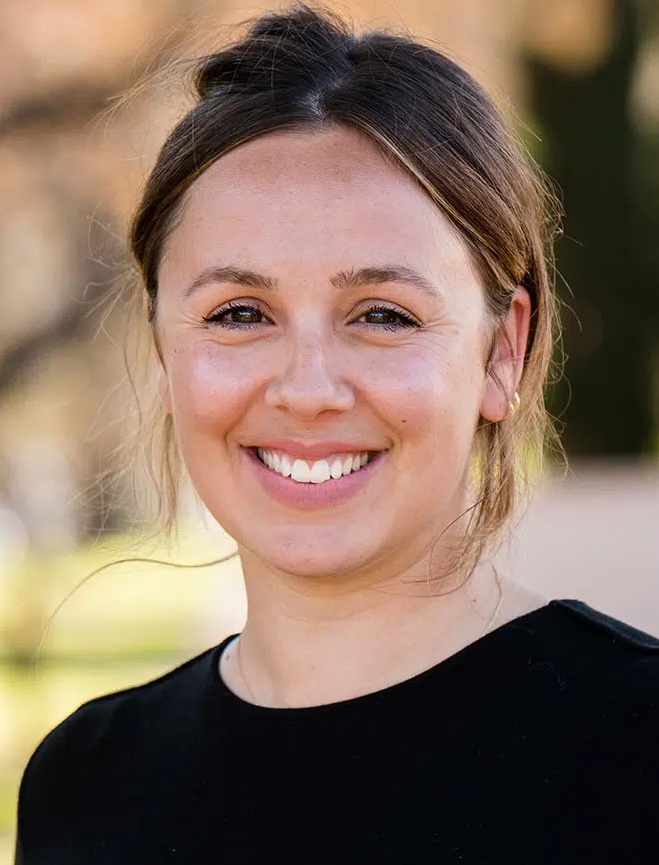
|
Lauren Iasenzaniro, the Clinical Manager Audiology at All Ears & Speech and Little Allied Health, has a particular interest in brain injury, sparked by her father's stroke and subsequent Acquired Brain Injury five years ago. Her first-hand experience drives her commitment to supporting those with communication difficulties. With a Master’s degree in Audiology from Flinders University and a Bachelor of Medical Radiations (Nuclear Medicine), Lauren’s career has focused on paediatric audiology and complex adult presentation. She excels in auditory processing assessment and management and the interpretation of audiological data. |
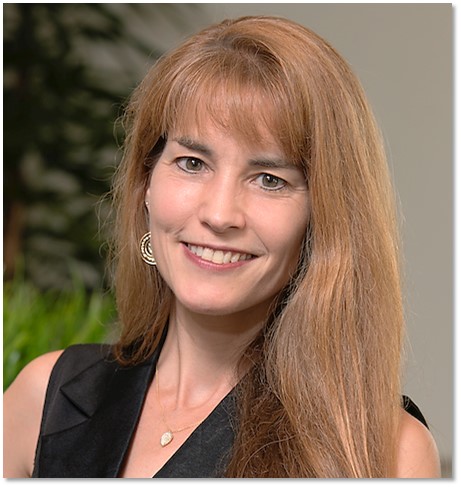
|
Dr. Valera is an Associate Professor at Harvard Medical School and a Research Scientist at Massachusetts General Hospital. As a pioneer in the field, Dr. Valera’s research is groundbreaking with her studies being among the first to look at the prevalence of Acquired Brain Injury, and its association with cognitive and psychiatric difficulties in women who have experienced Intimate Partner Violence. She was also the first to use neuroimaging to investigate the effects of partner-inflicted brain injury on neural connectivity and cognitive function in these women. She was awarded the prestigious Robert D. Voogt Founders Award from the North American Brain Injury Society as well as the inaugural Women Making History Award from Safe Living Spaces. In addition to her many publications and speaking engagements to the academic world nationally and internationally, Dr. Valera has translated her research on the effects of these often-overlooked brain injuries into education and training for police officers, judges, Emergency Room clinicians, domestic violence advocates, and others who work with women in the aftermath of violence. She is truly passionate about making change in this area and raising awareness about this global public health crisis. |
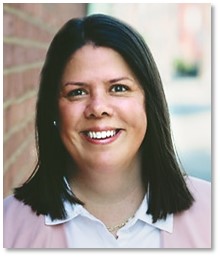
|
Dr. Julienne Long has worked for the Prosecutor’s Office in Columbus City, Ohio for the past 9 years and in the field of victimisation for over 20 years. She currently holds a supervisory role at the Prosecutor’s Office in the Domestic Violence and Stalking Unit and is a consult on the Blueprint for Safety Initiative, addressing the justice system’s response to Domestic and Family Violence protocols and procedures. She interned with the Ohio Domestic Violence Network in their policy division and is a consultant to Ohio State University’s College of Public Health, with a focus on brain injury from Domestic and Family Violence. She holds a doctorate in Forensic Psychology from Walden University, and frequently trains justice system personnel about the dynamics and dangers of interpersonal violence. Additionally, she is an adjunct professor to the criminology and psychology departments of Chicago School of Psychology, Grand Canyon University and Purdue University Global. |
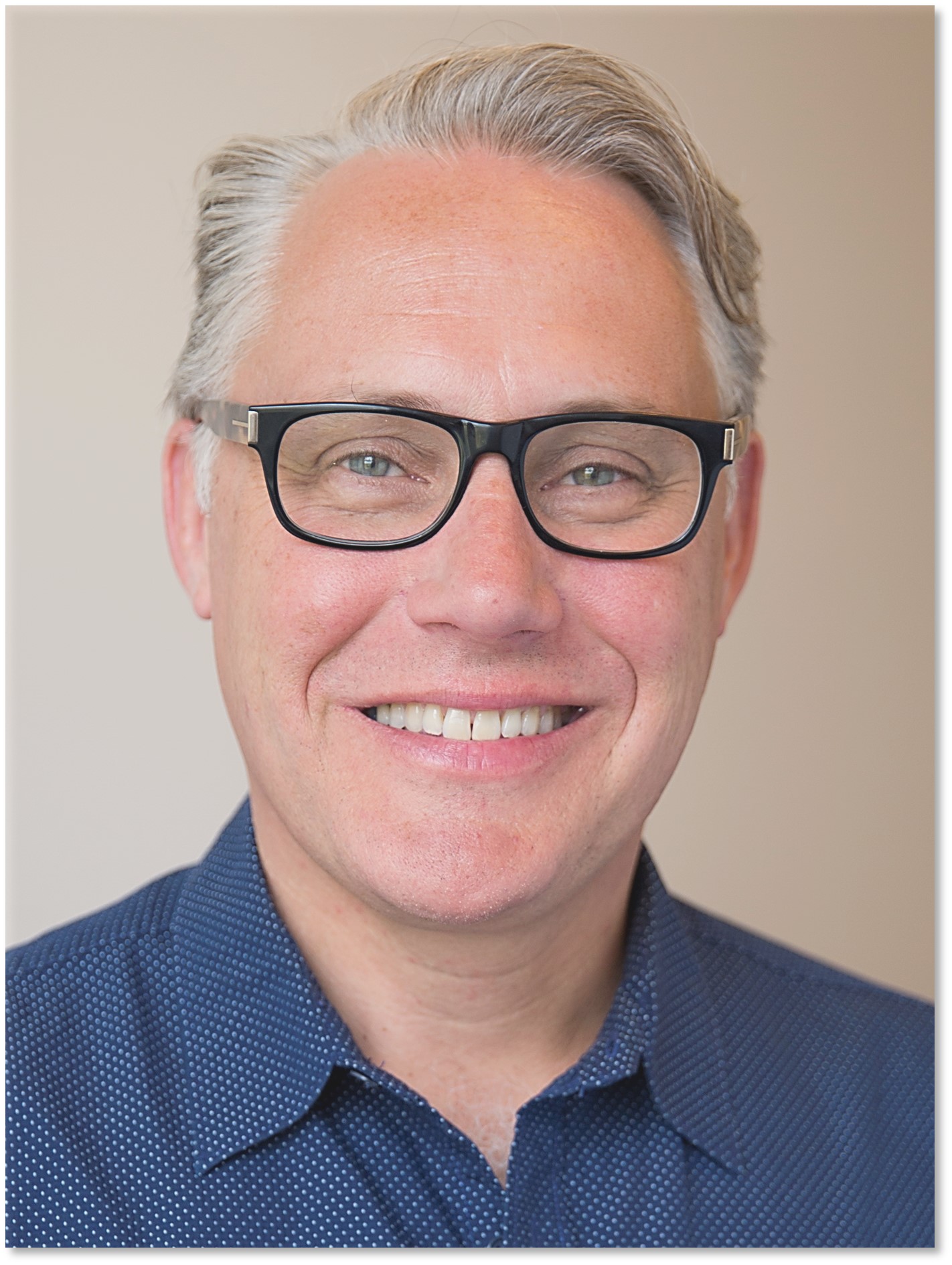
|
Michael Buckland is Clinical Associate Professor in The University of Sydney’s Discipline of Pathology, a Senior Staff Specialist and Head of Neuropathology at Royal Prince Alfred Hospital (RPA) - providing sub-specialist neuropathology diagnostic expertise to RPA, the broader New South Wales clinical community as well as NSW Forensic Services. Beyond diagnostics, Associate Professor Buckland serves as the Founding Director of the Australian Sports Brain Bank and the Australian Veterans Brain Bank, along with co-directing the MS Australia Brain Bank. His impactful research, with over 100 scientific papers, notably highlights Chronic Traumatic Encephalopathy (CTE) in retired rugby league and Australian rules football players. |
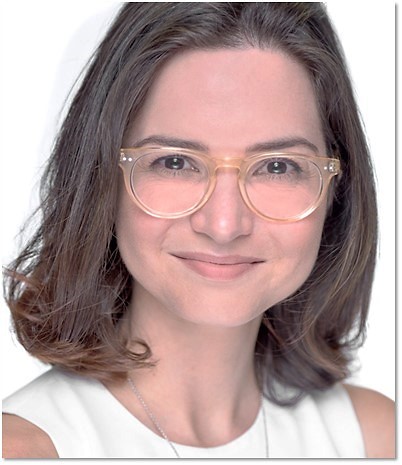
|
Dr. Kate Gould is a Senior Research Fellow at Monash University who leads a theme of clinically applied research on understanding and improving cognitive, psychiatric and behavioural changes following Acquired Brain Injury (ABI) with the Monash-Epworth Rehabilitation Research Centre. Dr Gould is a scientist-practitioner, with her research synergistically enhanced by her clinical skills as a practising Clinical Neuropsychologist in community brain injury rehabilitation. She leads experimental, qualitative, scoping, intervention-based and translation studies that have a strong consumer co-design focus. She was the clinical lead on the world’s first randomised trial of Positive Behaviour support for adults with ABI, funded by the Transport Accident Commission. She now leads the translation of findings from this project, and in 2021 established the Positive Behaviour Service at the Turner Clinics, Monash University, where she provides clinical training in Positive Behaviour Support to allied health clinicians, provisional psychologists and speech therapy trainees. She has published over 30 peer-reviewed articles and two book chapters in brain injury and psychological disorders and her research has attracted $2m in funding. Her innovative and impactful work has been recognised in a Turner Institute Strategic Grant, a Turner Institute Consumer and Community Involvement Award, a Vice Chancellor’s Award for her innovative suicide risk management procedures, an Allen Martin Research Scholarship from the Summer Foundation, the Australasian Society for the Study of Brain Impairment's Clinical Innovation Award and the National Trauma Research Institute's Centre of Excellence in TBI Research Rehabilitation Fellowship. |
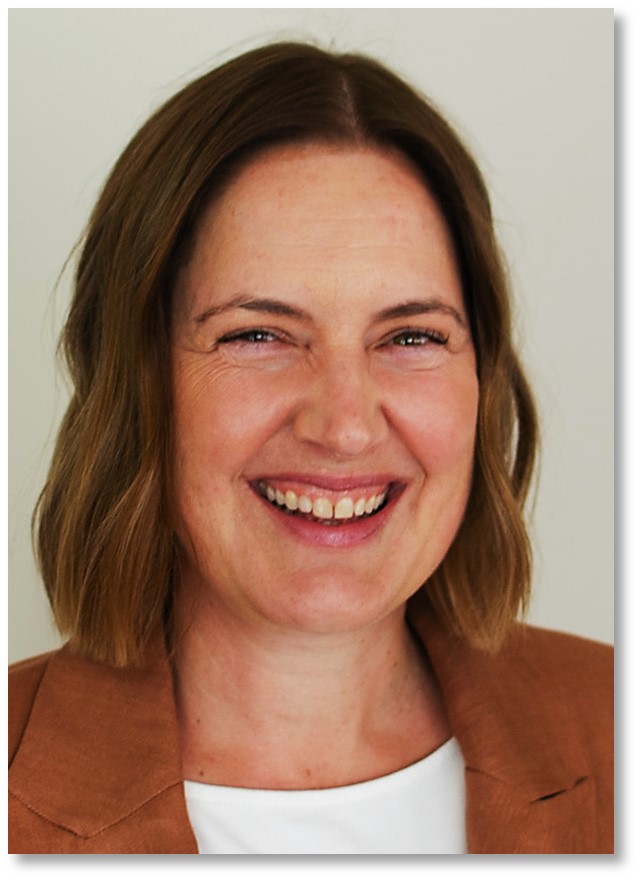
|
Nadine Holgate is an Occupational Therapist in private practice – Neurolinks - in regional Victoria and has over 20 years’ experience in providing community-based brain injury rehabilitation. Nadine has been a PBS+PLUS research clinician at Monash-Epworth Rehabilitation Research Centre since 2016. She currently provides multidisciplinary training and supervision as part of the PBS+PLUS community translation. Nadine is passionate about improving rehabilitation outcomes for rural people with brain injury. She was awarded the 2023 Agrifuture’s Rural Women's Acceleration Grant to conduct an innovative project improving brain injury rehabilitation for rural Australians. Nadine currently facilitates workshops and provides clinical coaching and supervision for allied health professions to upskill in community-based brain injury rehabilitation. |
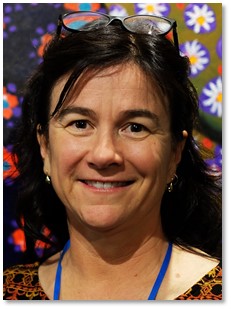
|
Liz Williams is a speech pathologist who has worked in community brain injury rehabilitation for over 30 years - with the Brain Injury Rehabilitation Community and Home team (BIRCH), part of SA Brain Injury Rehabilitation Services (SABIRS). As part of a project opportunity with SABIRS, Liz has recently been very fortunate to be part of a capacity-building feasibility trial with the Monash University PBS+PLUS research and clinical team. She has completed a round of intensive training in the approach with the Monash University facilitators and, in collaboration with SABIRS colleagues, is working to continue its development and application in their service. |
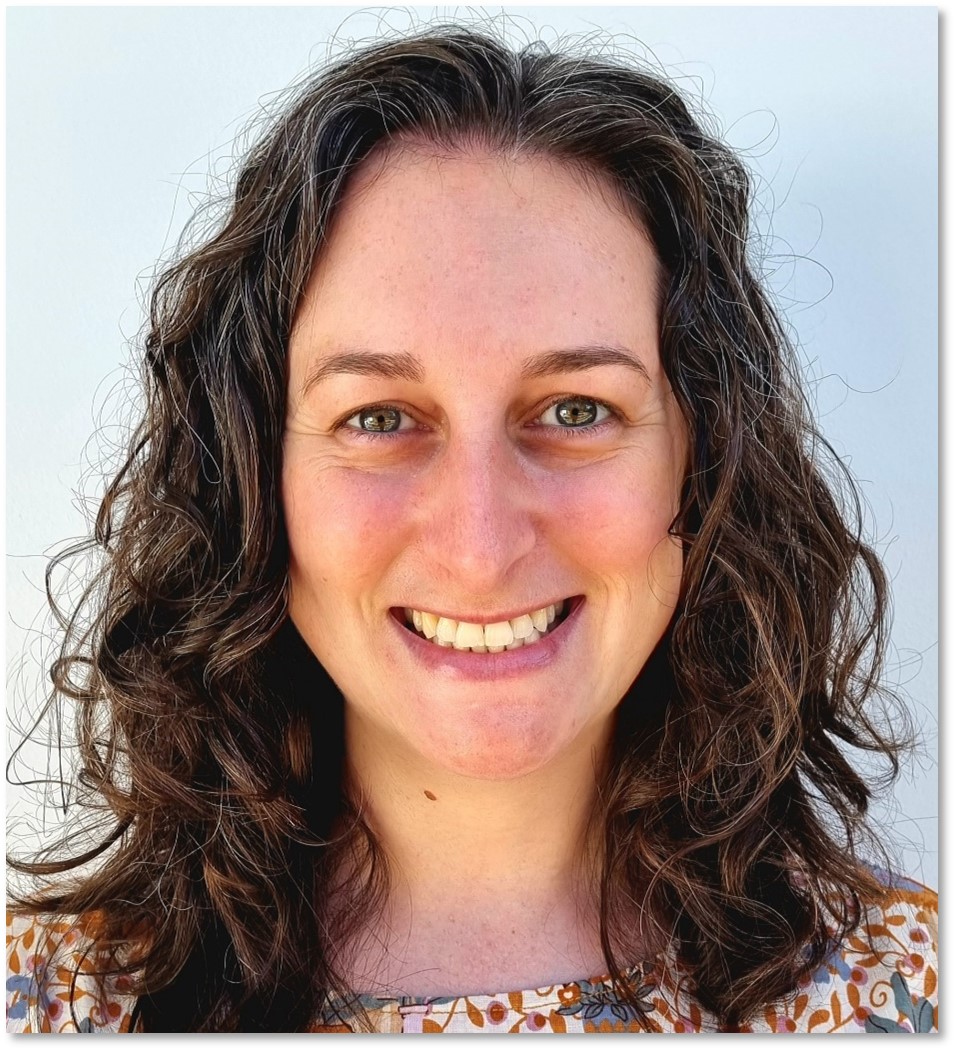
|
Lauren Bannard is a senior speech pathologist in the Brain Injury Rehabilitation Unit (BIRU) - the inpatient unit of the South Australian Brain Injury Rehabilitation Service (SABIRS). Lauren has over 13 years' experience in brain injury rehabilitation across subacute and community settings and has a special interest in Positive Behaviour Support, particularly for individuals with communication and cognitive challenges following their brain injury. She has been a member of the BIRU Behaviour Resource Group - an interdisciplinary team that provides a behaviour support service to the unit - since 2013. Lauren has recently completed PBS+PLUS intensive clinician training with the team from Monash University and is part of the PBS+ Community of Practice. |
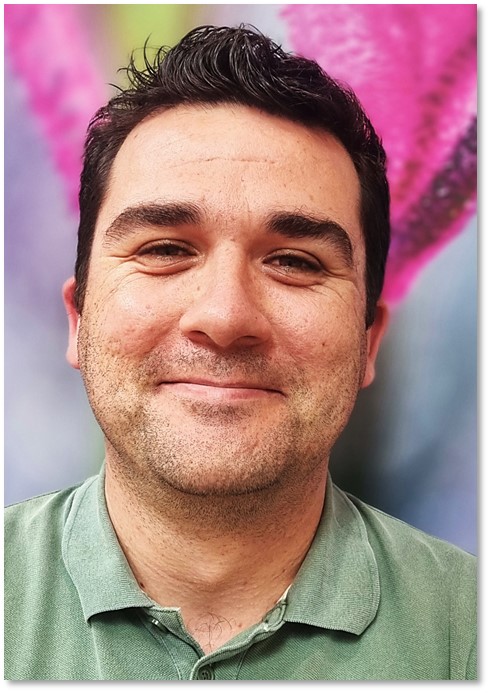
|
Joshua Butler is an Occupational Therapist with over 10 years of experience, working predominately in sub-acute inpatient and community brain injury rehabilitation services in Adelaide. He has been an active participant in the interdisciplinary approach to address behaviour management on the Brain Injury Rehabilitation Unit since 2016. Joshua has recently completed PBS+PLUS intensive clinician training through Monash University and is part of the PBS+ Community of Practice. |
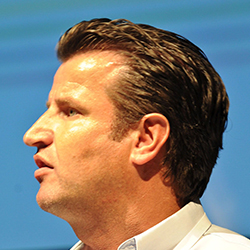
|
Nick Rushworth has been Executive Officer of Brain Injury Australia - the national peak advocacy organisation representing the needs of the 700,000 people living with brain injury, their families and carers – since 2008. He was also President of the Brain Injury Association of New South Wales between 2004 and 2008. In 1996, Nick sustained a severe traumatic brain injury as a result of a bicycle accident. Before joining Brain Injury Australia in 2008, Nick worked for the Northern Territory Government setting up their new "Office of Disability". Formerly a producer with the Nine Television Network’s “Sunday” program and ABC Radio National, Nick’s journalism has won a number of awards, including a Silver World Medal at the 2003 New York Festival, a National Press Club and TV Week Logie Award. He serves on a variety of governmental and research advisory committees, is a Director of the Australian Federation of Disability Organisations, and is an Ambassador for the National Organisation for Fetal Alcohol Spectrum Disorders and for the Queensland Brain Institute’s concussion research. Between 2017 and 2019, he facilitated a “Community of Practice” in brain injury for the National Disability Insurance Agency. In April 2024, Nick was appointed to the Australian Government Medical Research Future Fund’s Traumatic Brain Injury Mission Expert Advisory Panel. |
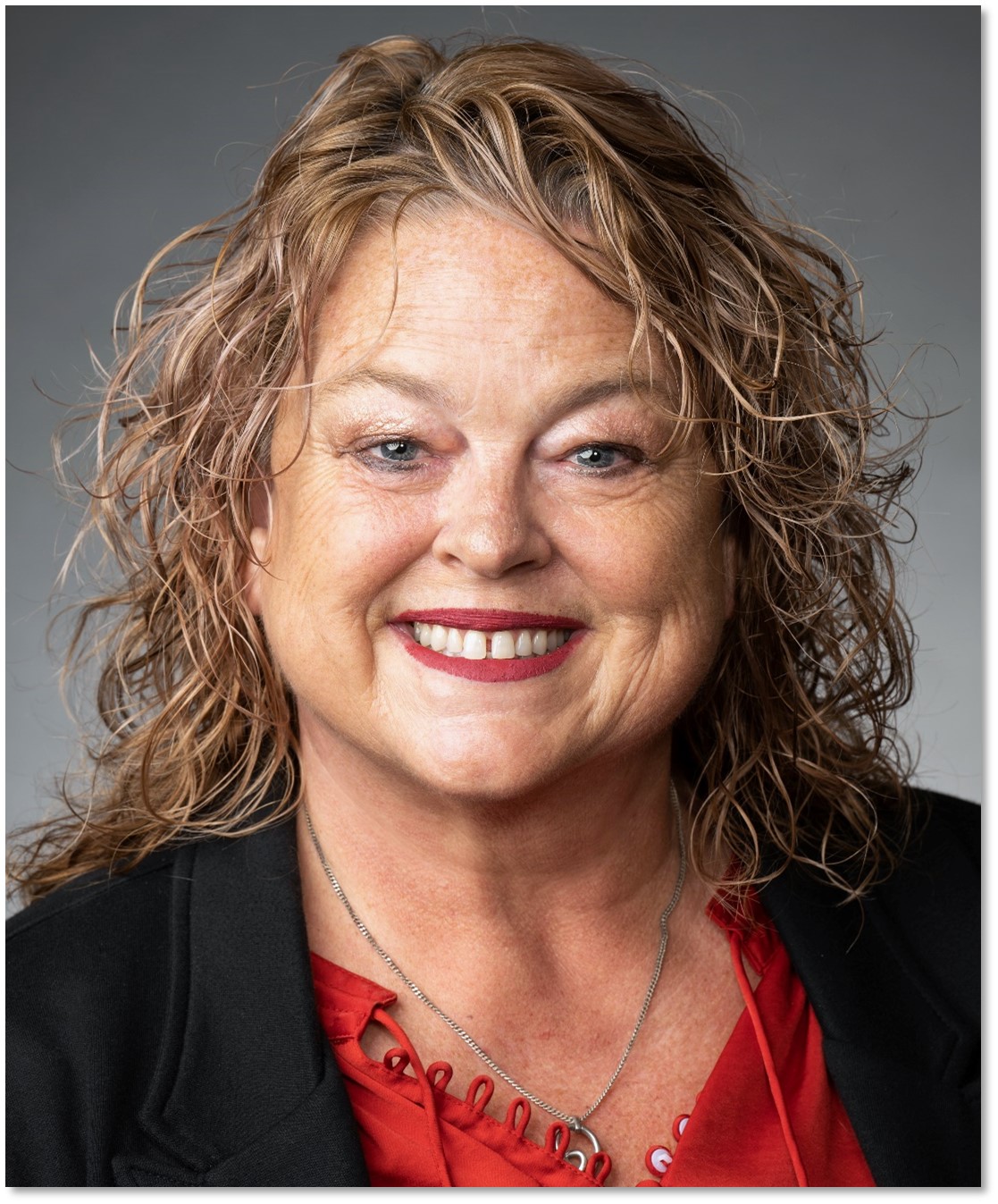
|
Nat Cook has been a Member of Parliament in South Australia since 2014. Before entering politics, she spent nearly 30 years as a nurse in specialty areas including brain injury rehabilitation. After her 17 year-old son, Sam, died in 2008 due to a Traumatic Brain Injury from a one-punch assault, Nat and her husband set up The Sammy D Foundation which has “educated over 180,000 young people about the consequences of violent behaviour, and the risks associated with alcohol and drug misuse". |
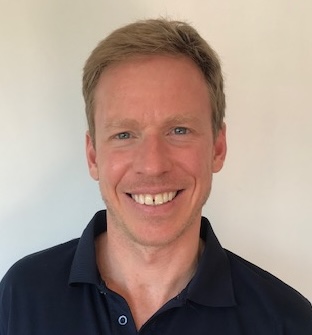
|
Ché Phillips suffered a severe Traumatic Brain Injury in late 2009, when he fell 40 metres off the side of a cliff. Given the very slim odds of survival, Ché recovered remarkably. After only two years, Ché returned to his life as a neurological rehabilitation physiotherapist, where he has since worked on the Gold Coast, in Brisbane, Melbourne, Christchurch and London. Continuing to progress his career, Ché recently began the role of QLD, NSW & Victorian Clinical Lead for the rehabilitation company Allied Connect. The lessons and breakthroughs that Ché made throughout his initial recovery where he learnt to walk and talk again were only the beginning of the most difficult yet 'life changing for the better' journey. This experience has given him a unique perspective on life, where Ché has unexpectedly discovered what it is that we find meaningful towards living a happy and content existence. |
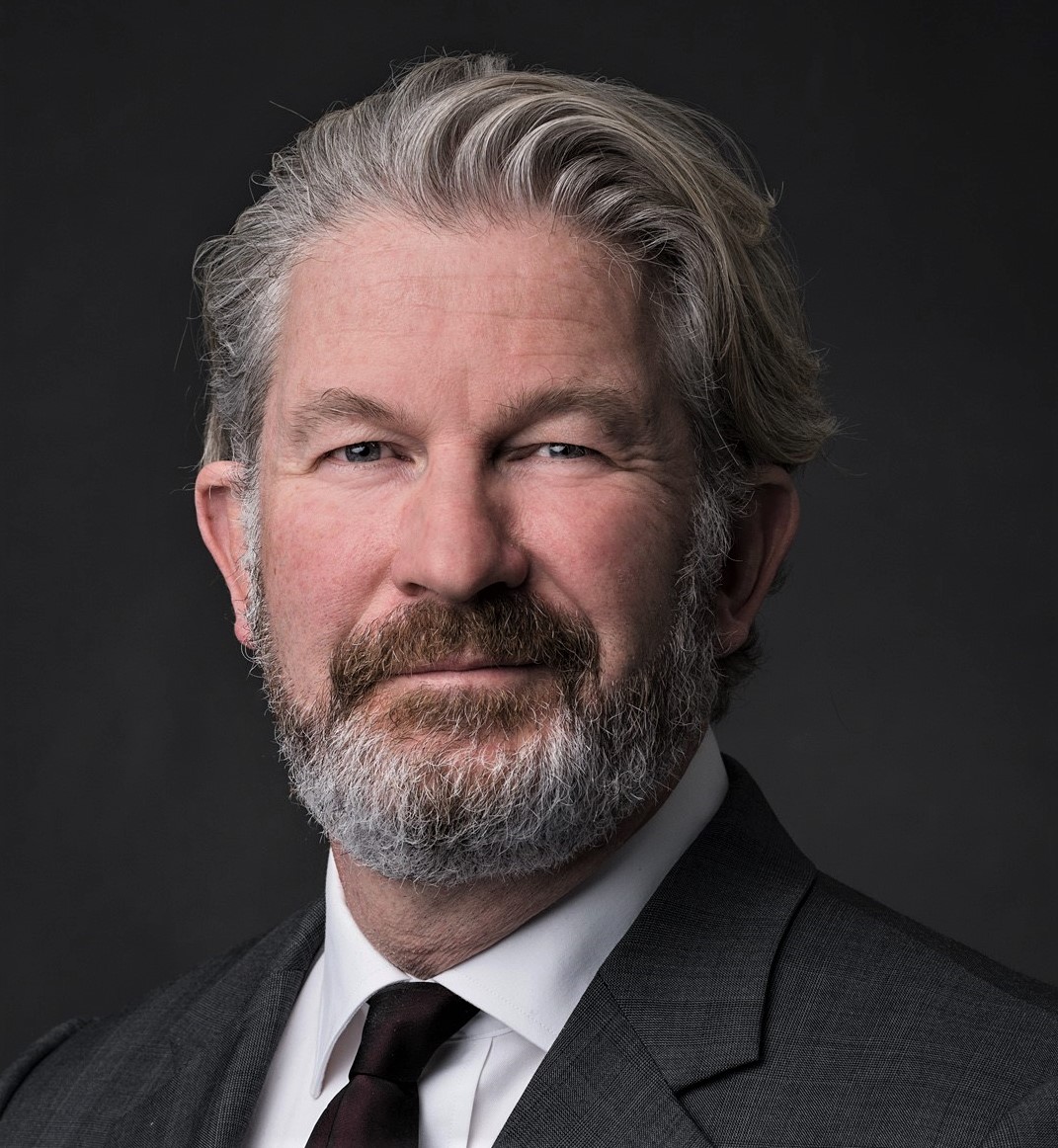
|
Dr. Bruce Powell’s thirty years as a physician included service as a naval medical officer, specialist anaesthetist, director of intensive care and oversight of Western Australia's organ and tissue donation program. In 2018, Bruce sustained a severe Traumatic Brain Injury from a bicycle accident. He now writes about, and advocates for, people with a brain injury. |
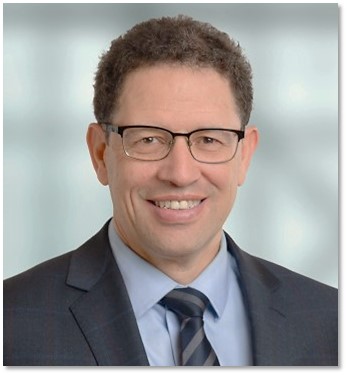
|
Professor Mark Bayley is a Professor and Coriat Family Chair in Rehabilitation Innovations at The University of Toronto and Program Medical Director and Physiatrist-in-Chief at the University Health Network-Toronto Rehabilitation Institute. He leads large-scale national and international implementation science and knowledge translation research aimed at improving recovery from brain injury, including the International Cognitive (“INCOG”) Rehabilitation Guidelines after Traumatic Brain Injury. His work has redesigned brain injury and stroke rehabilitation systems in Canada. |
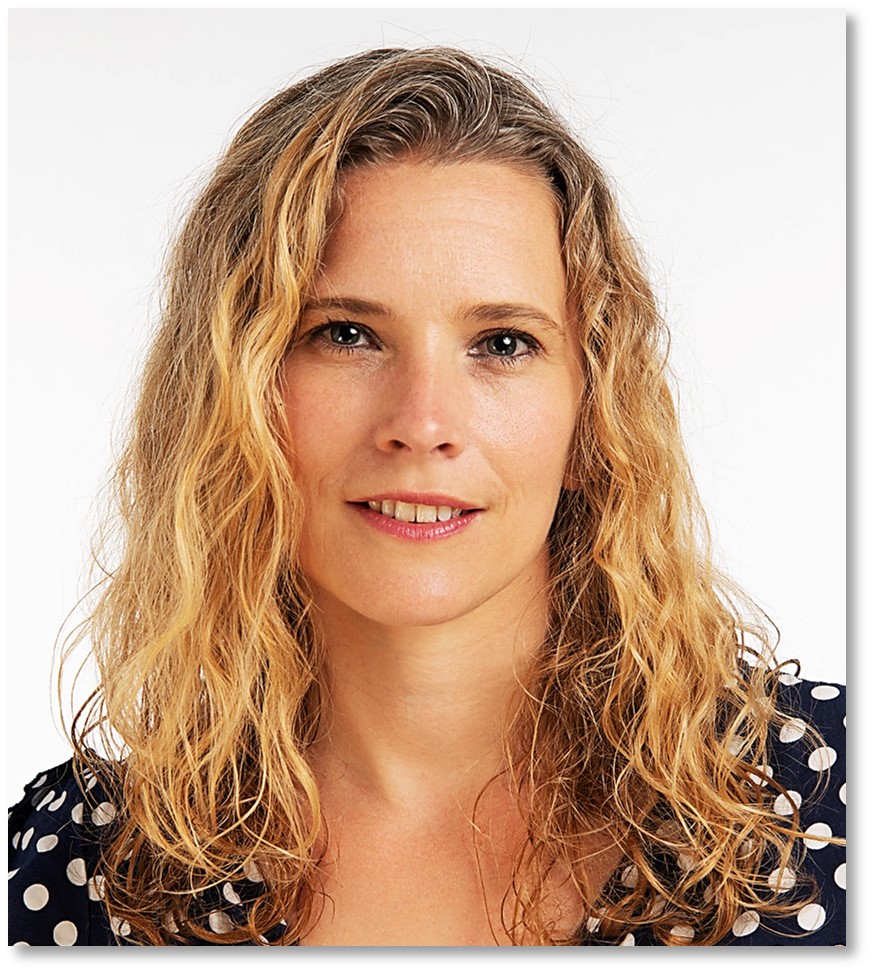
|
Dr. Alyson Norman has been a researcher in the field of brain injury for nearly 20 years, with a keen focus on the experiences of family members (in 2014, her brother took his own life after sustaining a brain injury in his early twenties). She is a member of the British Association of Brain Injury Case Managers, a Trustee of Headway Somerset, and Deputy Chair of Anchor Point - a special interest group where people with different experiences and knowledge of families affected by brain injury can connect, contribute, inform and improve service provision by working together to build family-centred expertise, information, research and resources. |
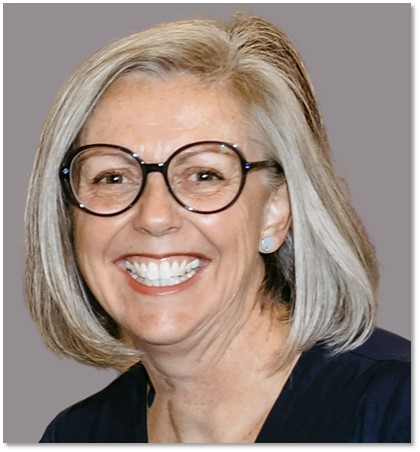
|
Kylie Smith is the Director Services at the Lifetime Support Authority (LSA) in South Australia, working with people living with disability after a motor vehicle accident. She has a deep understanding of brain injury and is and is privileged to be able to lead the delivery of person-centred treatment care and support at the LSA. A capable leader with a with clinical qualifications in Health Science and Social Work, Kylie knows acquired disability from both professional and personal experience and has been actively involved at state and national levels to promote genuine inclusion for people with disability. Kylie loves learning from people and is skilled at synthesising experiences to influence wider positive service delivery outcomes. |
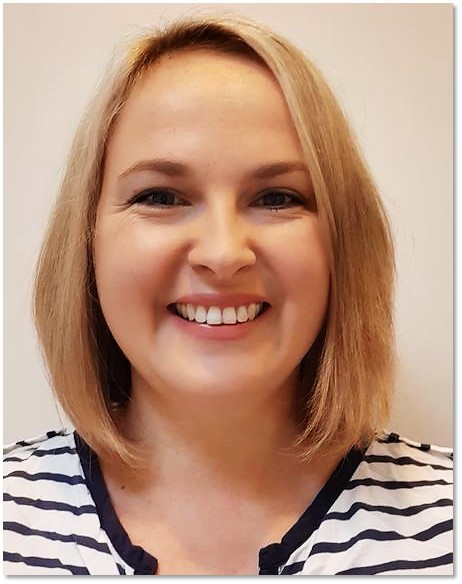
|
Dr. Louise Crowe is a Clinical Psychologist, and the Lead of the Acquired Brain Injury (ABI) flagship and is the Team Leader of the Developmental Insult and Intervention team at the Murdoch Children’s Research Institute. She is also a Lecturer in Psychiatry at The University of Melbourne and an honorary psychologist at the Royal Children’s Hospital. She has published extensively in the field of ABI with a focus on Traumatic Brain Injury (TBI) in infancy and pre-school years. Current projects include examining the behavioural and social outcomes of early TBI and the long-term outcomes of childhood brain injury. Her work has been supported by the Foundation for Children, the Myer Foundation, Medical Research Future Fund, and the National Health and Medical Research Council (Project grants and Fellowships). |
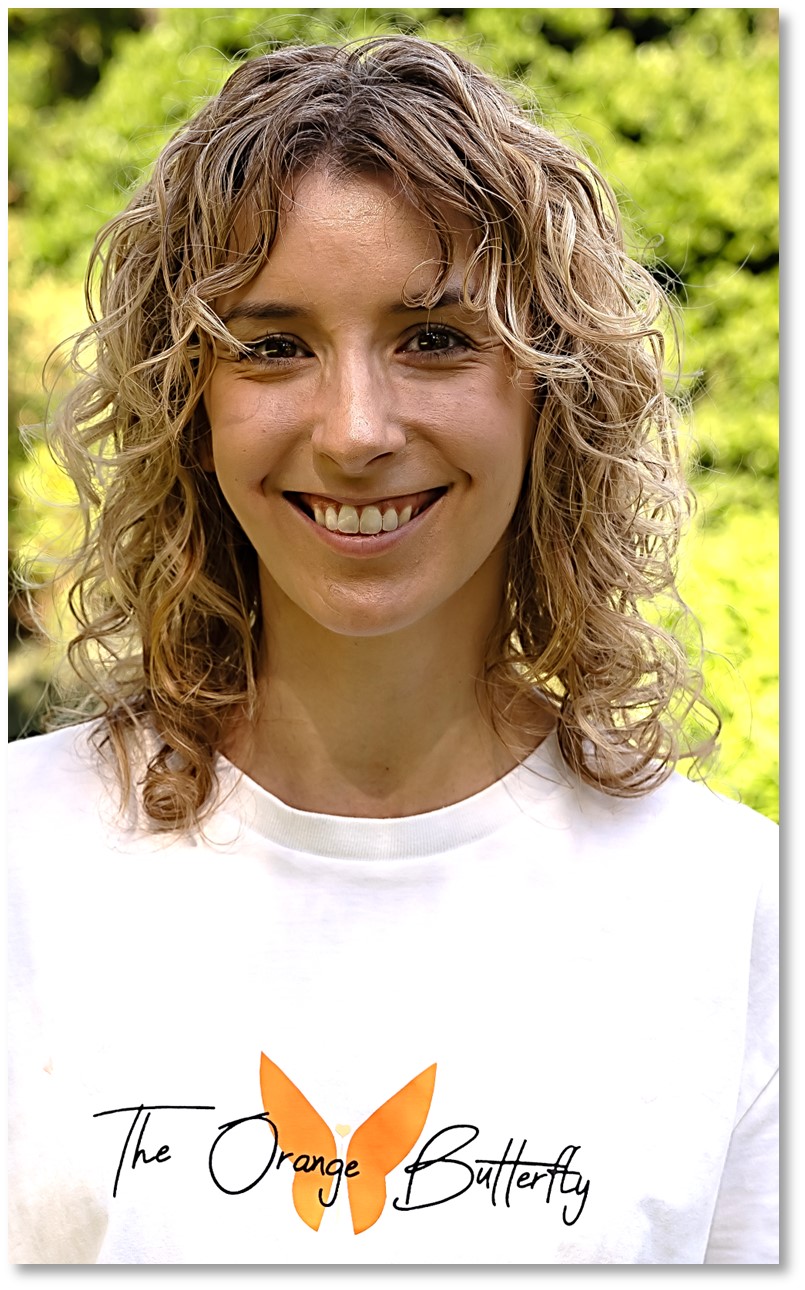
|
Lauren Spear has lived experience of brain injury after being involved in a serious workplace accident in 2018. She is a trained educator, brain injury advocate, writer, mentor, speaker, and CEO of The Orange Butterfly Foundation. The Orange Butterfly Foundation is dedicated to improving the quality of life of brain injury survivors by providing invaluable financial benevolent support to individuals with a concussion and traumatic brain injury, as well as increasing awareness to a wider public, and decreasing the negative attitudinal barriers individuals face on a daily basis. Outside of the Foundation, Lauren works as a peer mentor with Brain Injury SA, is a Disability Inclusion Trainer, and works with Flinders University as a Casual Academic Tutor. |
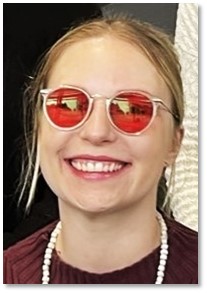
|
Nat Linke sustained a Traumatic Brain Injury while cycling. After benefiting from the support of Brain Injury Matters, she shares her lived experience and co-designs research with The University of Melbourne. Previously, she worked as an Intensive Care Unit nurse at a major trauma centre and as a clinical trials project manager. She now works in research at Monash University and is passionate about improving outcomes for survivors of brain injury. |
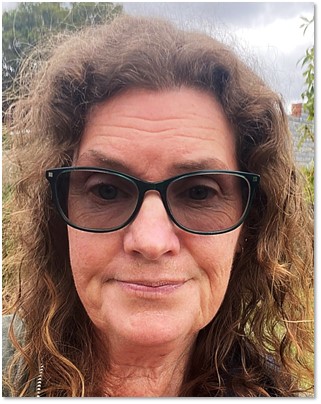
|
Virginia Giddings has been the Secretary of the Committee of Management for Brain Injury Matters - a Melbourne-based self-advocacy and community education organisation run by and for people with Acquired Brain Injury (ABI) - for five years and has lived with a brain injury for 36 years. She has seen the peer support groups flourish during that time and believes sincerely in their value. |
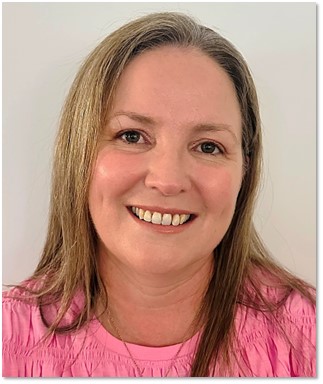
|
Miffy Durham is the Program Manager for the State Head Injury Unit (SHIU) in Western Australia, a statewide multi-disciplinary community rehabilitation program for people aged 16-65 years diagnosed with an Acquired Brain Injury (ABI) and has been in this role since 2020. Prior to this time, she worked as a Case Coordinator and Senior Clinical Coordinator at SHIU commencing. Since graduating as an Occupational Therapist in 2002, Miffy has worked in brain injury rehabilitation in both Victoria and Western Australia. Since becoming Program Manager, Miffy has worked diligently with her team to increase the profile of the SHIU services and ABI (including concussion) within the wider community: bringing together like-minded professionals and consumers to co-convene the WA BI Advisory Group; growing awareness of ABI through provision of education; expanding the service to include Aboriginal staff allowing culturally appropriate service provision; and linking with universities to pursue relevant research opportunities. |
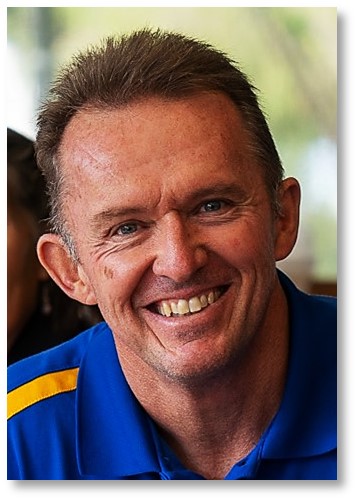
|
Gregg Oughton worked in construction and shed sales until his brain injury brought forward: a career change; a need to explore new opportunities; and a desire to support other people with lived experience of brain injury. Together with the other Kings Park Warriors' group leaders, Gregg provides a welcoming environment of peer support in person and online where participants can be social, meet people with shared experiences, develop friendships, and have a genuine laugh. Gregg’s passion for helping others is evident in undertaking consumer representative roles across health and tertiary services in Western Australia. His passion has seen Kings Park Warriors grow from a group of seven to over 125 members and move from a community support group to a not-for-profit organisation. |
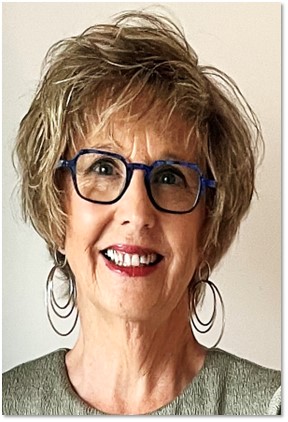
|
Deborah Byrne is Executive Officer of the Brain Injury Association of Tasmania (BIAT). Having overseen a number of projects of various sizes and complexity over the last 20 years, she has extensive experience, skills and expertise in project implementation and management. Deborah has been pivotal to the successful design and implementation of both the Employ Me Project (2021-2024) and its predecessor, the Disclosure Project (2019-2020). |
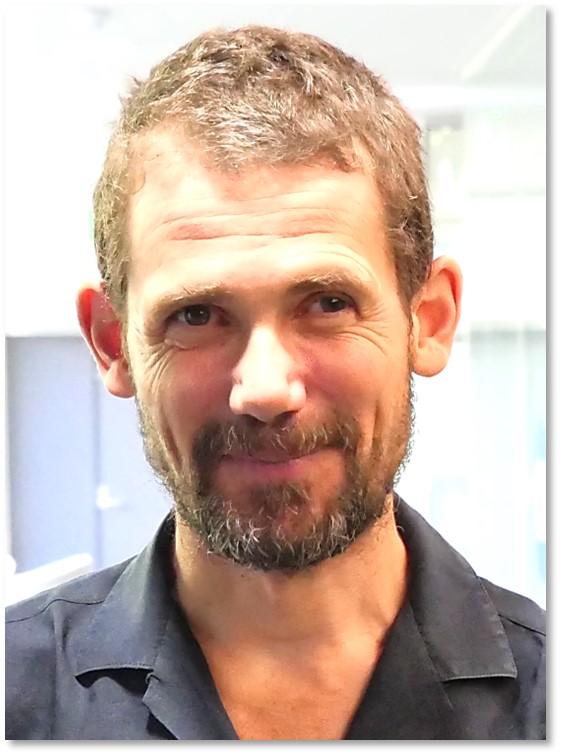
|
Bill Fulton joined the Brain Injury Association of Tasmania in 2023 and was the Employ Me Project's Program Manager. He brings a wealth of experience within the education sector including completing a mentorship in special education and a previous career teaching across primary and secondary years. In addition to working with complex and high needs students, Bill specialised in flexible learning, working with youth at risk and over time moved into roles working with and advocating for children and young people within the out-of-home care system. Bill sustained a brain injury over twenty years ago and shares perspectives on the project from his own lived experience. |
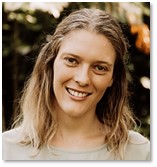
|
Alice Gersch has been a physiotherapist for eight years and is currently working as a Senior Acute Inpatient Physiotherapist at Cairns Hospital, across acute medical wards. Before embarking on a career in physiotherapy, she gained a unique perspective of what it is like to be a child of a family member who has acquired a brain injury. Her mother, Jane, was involved in a horse-riding accident when Alice was two. As an adult, she has reflected on the lessons learnt from this experience and is ready to speak to what clinicians should consider when encountering similar situations. |
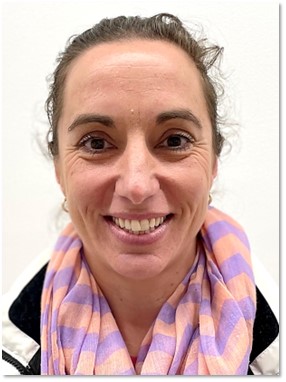
|
Kate Dawes has been the Principal Social Worker in the South Australian Brain Injury Rehabilitation Service (SABIRS) since 2010. She has a passion for working with patients and families to help support their emotional adjustment, using person, family, and child-centred practices, ensuring their strengths and needs remain central to everything she does. Due to clinical gaps noted in neurorehabilitation practices, Kate entered a PhD at Flinders University, investigating the impact of parental Acquired Brain Injury on their children - a cohort often forgotten by clinical staff. Her PhD focuses on understanding children’s experiences, their information and support needs, clinical barriers and facilitators and filling gaps via the tangible co-design of educational technology by (and for) children, adult relatives, and clinicians. |
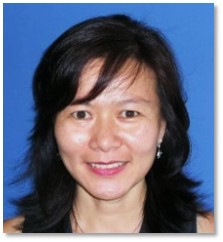
|
Adelene Yap has been Program Manager at Brightwater Care Group’s Transitional Accommodation Program for the last 3 years. The Program provides a community-based residential interdisciplinary therapy and capacity-building program to people aged 16-64 with neurological conditions including Acquired Brain Injury (ABI) and other complex medical conditions. She holds a Bachelor of Health Sciences (Physiotherapy) from The University of Sydney. Her interest is in neurological rehabilitation, specifically in ABI and the management of cost-effective therapy programs. She has more than 25 years of experience in this area in both Singapore and Australia. |
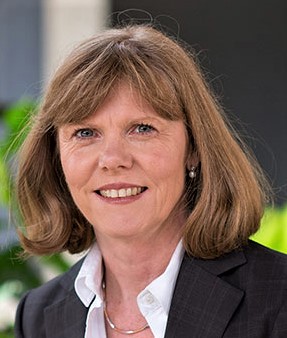
|
Professor Jennie Ponsford AO is Professor of Neuropsychology in the School of Psychological Sciences and Director of the Monash Epworth Rehabilitation Research Centre at Monash University. For over forty years, she has conducted clinical work and research with individuals with Traumatic Brain Injury, investigating outcomes and the efficacy of rehabilitative interventions, with over 470 publications including two books. In 2017 she was appointed as an Officer of the Order of Australia for distinguished service to medical research in the field of neuropsychology and through seminal advances in the diagnosis, treatment and rehabilitation of patients with traumatic brain injuries. In 2020, 2022 and 2023 The Australian newspaper named her Australia’s leading researcher in the field of “Rehabilitation Therapy”. |
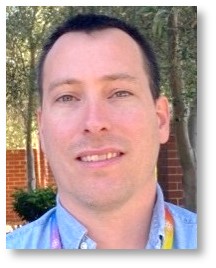
|
Michael McKenzie graduated from Curtin University with an undergraduate honours degree in Occupational Therapy. For the last three and a half years, he has worked as an Occupational Therapist at Brightwater Care Group’s Oats Street - a slow-stream brain rehabilitation facility in Perth. It was while working as a Therapy Assistant in Brightwater’s Capacity Building branch that his interest in clients’ interactions with animals was sparked: for example, a client completing her physiotherapy goals for an upcoming wedding would not engage in her sessions until her dogs were incorporated. Working at Oats Street exposed him to clients grieving the loss of their pets. He also met a client living in the community who had purchased a pet but was required to surrender it due to discovering he could not care for the pet in his condition. Animal interaction is an intrinsic motivator for many people which could be harnessed in rehabilitation. |
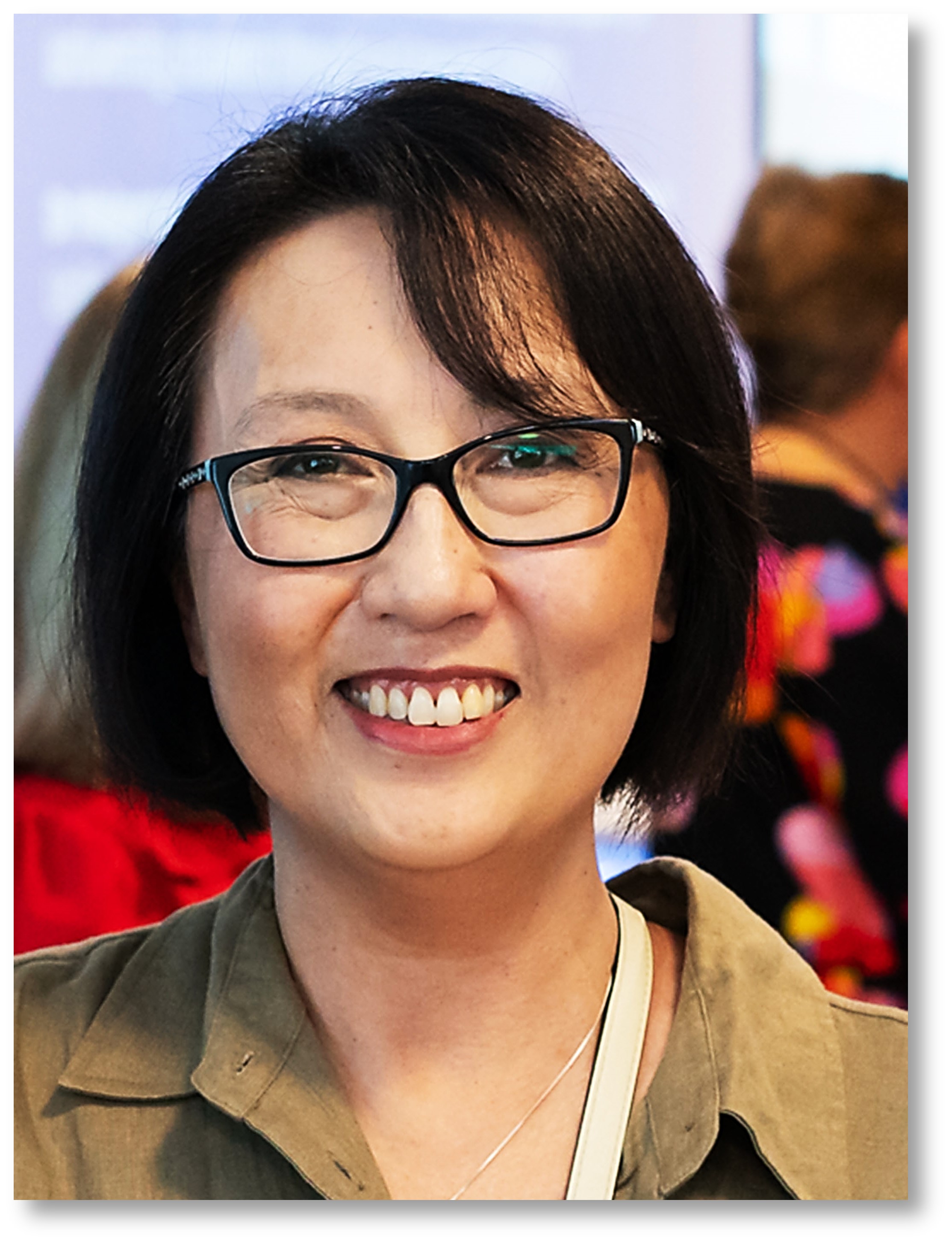
|
After suffering a stroke in 2013 aged 38, Saran Chamberlain became a passionate advocate for stroke survivors within her home state of South Australia and at a national level. Before the stroke, she managed an international software company. In one instant, her life was turned upside down. Saran currently works on several research projects giving her lived experience to improve lives of survivors of trauma and is a member of the Stroke Foundation’s Research Advisory Council and the Stroke Community of Practice in South Australia. Through her own experience, Saran knows the journey after stroke can be long and isolating for young stroke survivors. She strives for increased awareness of young stroke, to ensure young stroke survivors are connected and have the supports they need. |
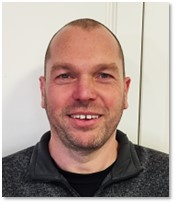
|
Dave Flood had a stroke in 2019, aged 44. Since his stroke, he has been working on creating a meaningful life, despite the deficits he experiences - debilitating fatigue and some vision loss. This includes a closer connection to family; involvement in research (development of Young Stroke Service and fatigue management projects); peer support and connection with survivors of stroke/brain injury; as well as continuing to work, at significantly reduced amount, as a counsellor. Before his stroke, Dave enjoyed developing people and programs through his involvement in management, camping and outdoor recreation, youth work, mentoring, training, drug and alcohol rehabilitation, and counselling. He is happily married to Kate and they have 3 adult children. |
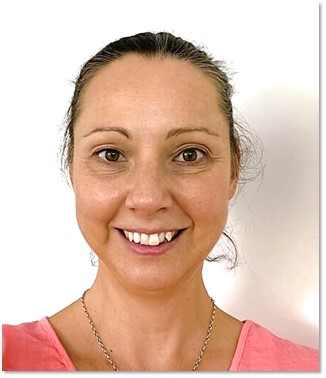
|
Dr Mardee Greenham has over 15 years' experience in childhood stroke research and has published extensively in this area. She led the development of Australia's first clinical guideline for child stroke rehabilitation. She is now leading childhood stroke work at Stroke Foundation, where she is working alongside a group of people with lived experience, developing vital resources to support families affected by childhood stroke. |
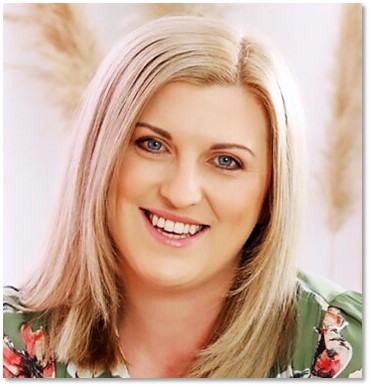
|
Emma, the daughter of Dee Honeychurch OAM, is a survivor of stroke. Dee is co-founder of Little Stroke Warriors and her advocacy work led to the development of the 'Our Family Stroke Journey' resource. Dee was awarded the Stroke Foundation’s “Improving Life After Stroke” award in 2018 and the Stroke Foundation President's Achievement award in 2022. Dee has recently been honoured with an Order of Australia Medal for service to community health in recognition of her advocacy to improve the lives of childhood stroke survivors and their families. |
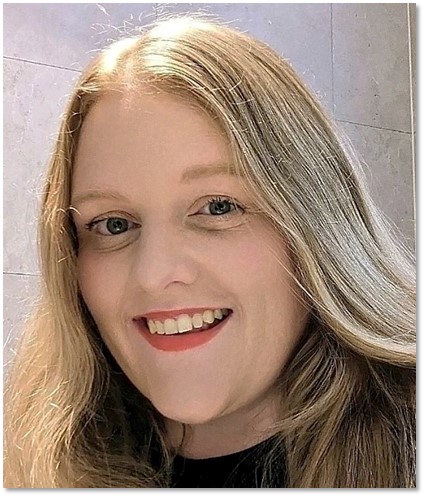
|
Hailey McKirdy had a stroke when she was 6 years old. She now holds several positions, working part-time as a lived experience consultant with Heads Together for ABI and as a disability support worker. Hailey also is part of the Stroke Foundation's Childhood Stroke Lived Experience Advisory Group and serves on advisory committees at Murdoch Children's Research Institute. |
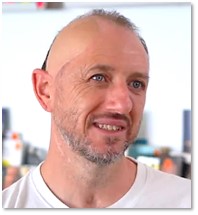
|
Paul Bovington is a stroke survivor, stroke advocate, and stroke representative within the South Australian health network. He balances his time between volunteering at several stroke rehabilitation wards and his commitments to Stroke SA where he is both a board member and support group facilitator. Paul has an unwavering passion for supporting the stroke community throughout South Australia with his goal of ensuring anyone in South Australia who has ever suffered a stroke knows that there are local support organisations to lean on to ensure fellow survivors never have to tackle their recovery alone. |
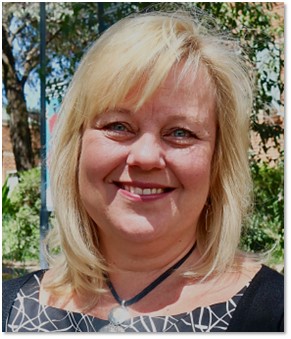
|
Professor Leanne Togher is the Conjoint Professor of Allied Health for The University of Sydney and the Western Sydney Local Health District, with responsibility for the research productivity of over 1500 allied health professionals. She is also Director of Communication Sciences and the Acquired Brain Injury Communication Lab at the Sydney School of Health Sciences, Faculty of Medicine and Health. She has been the recipient of three National Health and Medical Research Council (NHMRC) Senior Research Fellowships and authored more than 200 papers, 4 books and over 20 book chapters. In 2018, she was awarded the 2018 NHMRC Elizabeth Blackburn Clinical Research Fellow for the highest ranked female research fellow applicant in the NHMRC Fellowships Scheme in the field of Clinical Medicine and Science - the first allied health professional in Australia to receive this award. She is Vice Chair of the International Brain Injury Association and Chair of Brain Injury Australia. |
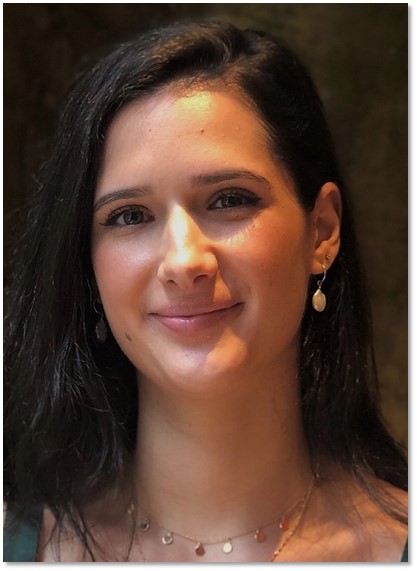
|
Dr. Petra Avramovic completed her degree in speech pathology with First Class Honours at The University of Sydney in 2015 and was awarded her PhD in 2023 with the Acquired Brain Injury Communication Lab at The University of Sydney. Her thesis - entitled “The development and evaluation of convers-ABI-lity: an online communication partner training platform for people with Traumatic Brain Injury (TBI)” - aimed to collaboratively develop a novel multimodal communication partner training program with people with TBI and others involved in their care, and to evaluate its effectiveness and efficacy for improving conversation skills following TBI. |
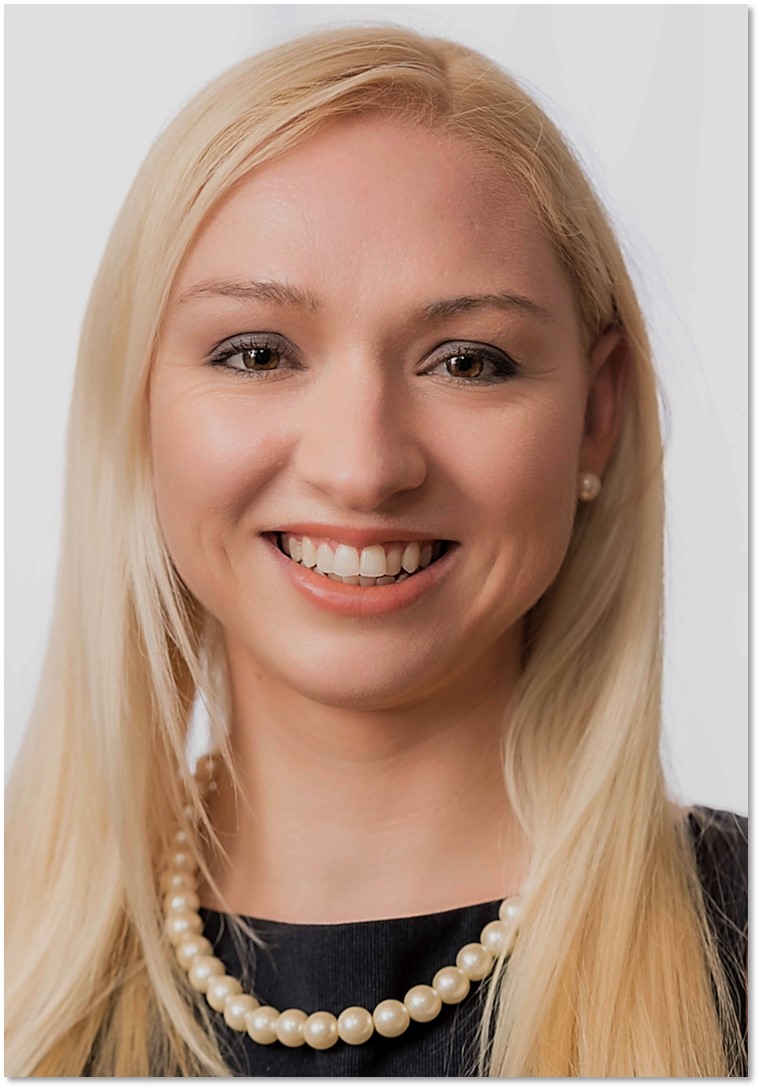
|
Dr. Elise Bogart is a Lecturer at The University of Sydney and a Speech Pathologist with over a decade's clinical experience. Her research aims to improve communication support for people affected by Acquired Brain Injury with specific interests in Traumatic Brain Injury (TBI), discourse-level communication and longitudinal research. Elise is a member of Speech Pathology Australia, the Talkbank group, Australasian Society for the Study of Brain Impairment and the Acquired Brain Injury Communication Lab at The University of Sydney. She is the lead author of the "TBIBank Grand Rounds" online learning module, which promotes improved speech pathology care for individuals with a TBI. |
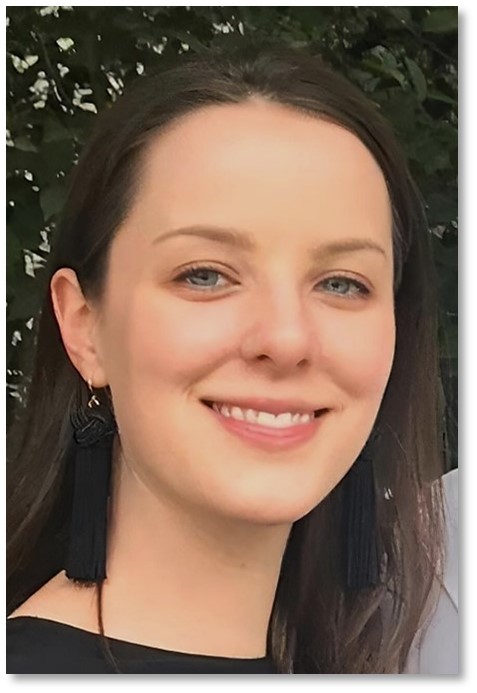
|
Dr. Sophie Brassel is a Lecturer and early career researcher in the discipline of Speech Pathology at The University of Sydney, with extensive experience in the assessment and management of adults with swallowing and communication difficulties. She completed her PhD at the University of Sydney within the Acquired Brain Injury Communication Lab, her thesis exploring the use of immersive virtual reality in rehabilitation for cognitive-communication disorders following Traumatic Brain Injury (TBI). She continues to conduct research that explores the use of digital health technologies for supporting communication following Acquired Brain Injury. |
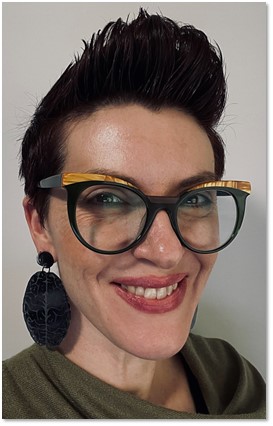
|
Dr. Melissa Brunner (‘Liss’) is an early career researcher, a Lecturer at The University of Sydney, and a certified practicing speech pathologist with over twenty years' experience in the assessment and management of adults with swallowing and communication difficulties. She has clinical and research expertise in acquired neurologic disorders, particularly working with people who have experienced a stroke or Traumatic Brain Injury (TBI). Diverse research experiences have enabled her to build specialist skills in qualitatively driven social media and digital health mixed methods research. Her doctoral research laid the necessary groundwork in understanding the complexity of the issues surrounding people with TBI using social media and how it may (or may not) be addressed during their rehabilitation. |
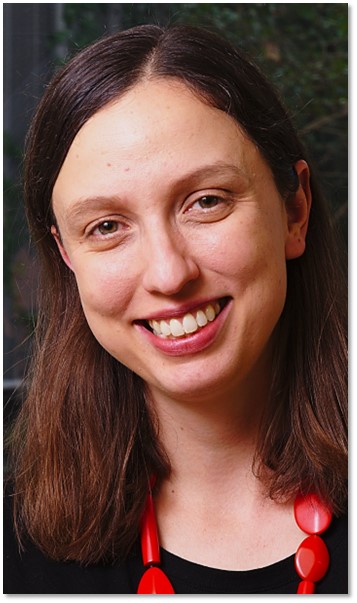
|
Dr. Rachael Rietdijk is a certified practising speech pathologist and Lecturer at The University of Sydney, with research interests in Acquired Brain Injury, communication partner training and digital health. Her PhD research produced a new evidence-based intervention for people with Traumatic Brain Injury (TBI) called "TBIconneCT". She was the project manager for the "Social Brain Toolkit", including "interact-ABI-lity" - the first free evidence-based online program about how to communicate successfully with people with a brain injury. This program has reached over 1,500 people from over 25 countries. Her research is internationally recognised, with 24 publications and three book chapters. She is currently working with research students to continue to investigate the use of digital health for communication partner training. |
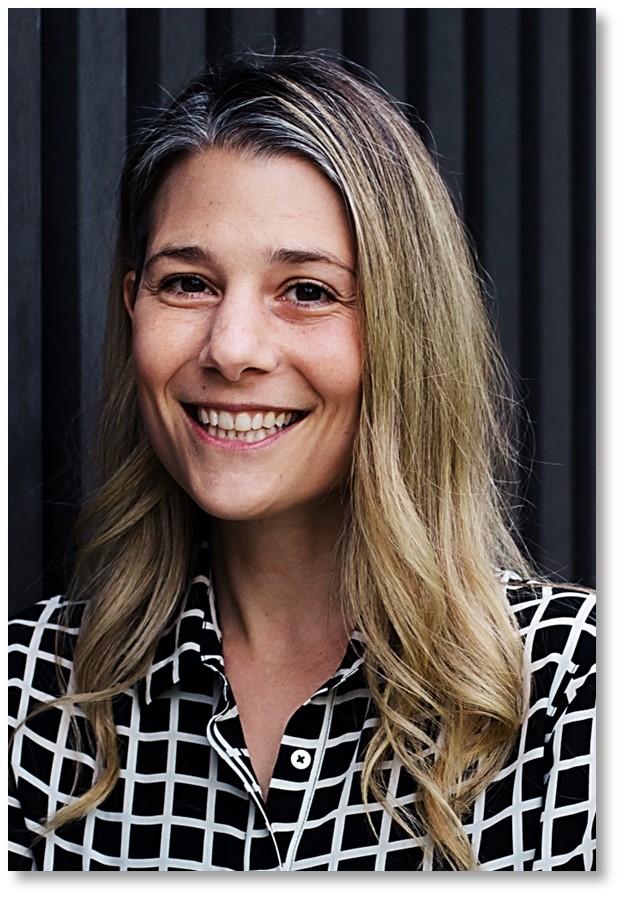
|
Dr. Jessica Trevena-Peters is a Clinical Neuropsychologist, Occupational Therapist, Lecturer in the School of Psychological Sciences at Monash University and a researcher at the Monash Epworth Rehabilitation Research Centre. Clinical utility is paramount to her research, focused on developing, evaluating and implementing rehabilitation and intervention approaches following Traumatic Brain Injury. |
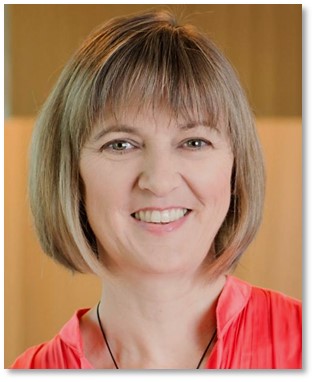
|
Professor Susan Hillier is a clinician and researcher neuroscience and rehabilitation. She is interested in finding the best, most effective ways to deliver rehabilitation, including the systems aspects of rehabilitation: who can access it and how; service structures; quality indicators; and how best practice can be implemented for all. |
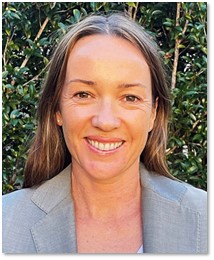
|
Liesel Jeffers has over 20 years of clinical and senior management experience in public and private healthcare. She currently oversees specialist health services and multidisciplinary teams with a rehabilitation and neurology focus serving 300,000 residents of north-eastern New South Wales living between Tweed Heads and Grafton. |
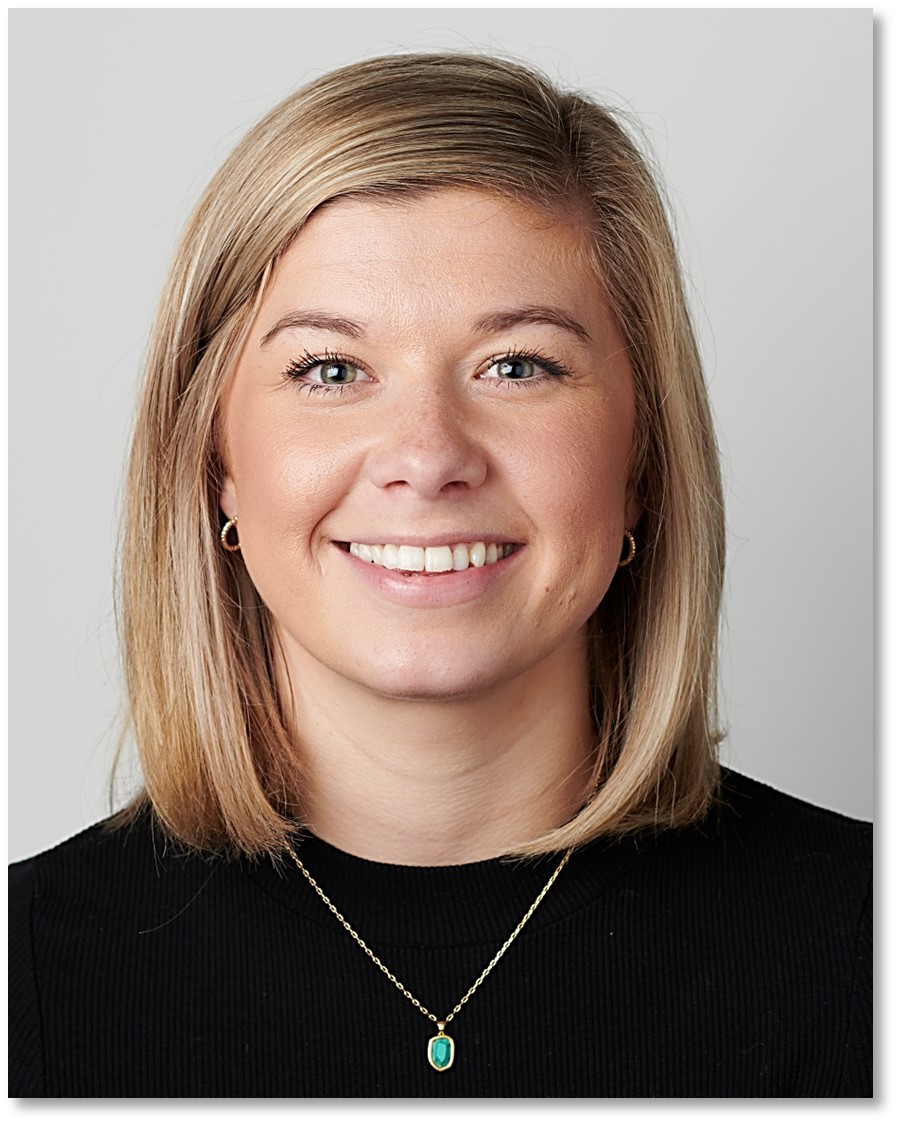
|
Dr. Megan Topping is a Postdoctoral Researcher at the Summer Foundation, joining its Research Unit in 2018. Megan leads knowledge translation work informed by her doctorate on the quality of paid disability support from the perspective of people with lived experience. She also contributes to other research projects conducting in-depth interviews and scoping literature reviews, analysing research data, writing research reports and manuscripts, and disseminating research findings. |
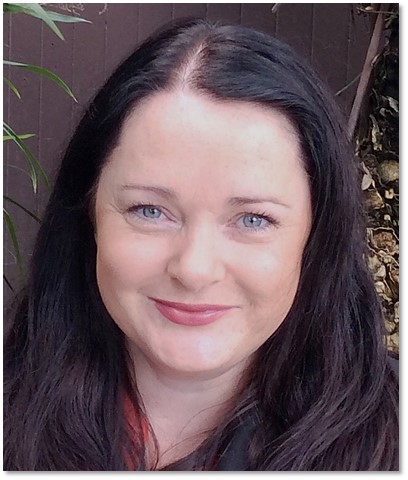
|
Dr. Cynthia Honan is a Senior Lecturer in the School of Psychological Sciences at the University of Tasmania. She has worked clinically as a Clinical Neuropsychologist for the past 12 years and holds an appointment with Launceston General Hospital. She leads the development of National Health and Medical Research Council clinical practice guidelines for the treatment of psychosocial difficulties following moderate-to-severe Traumatic Brain Injury. |
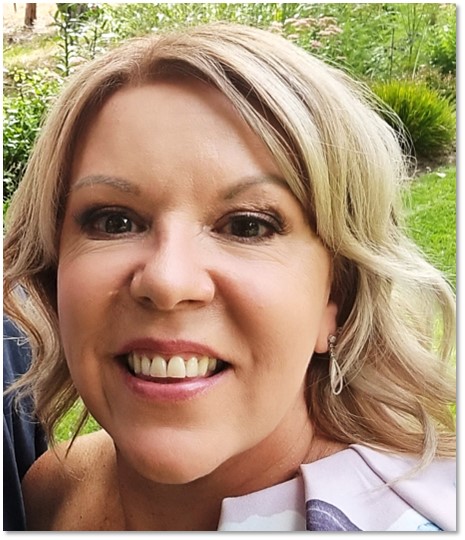
|
Jo Trandafil is a survivor of an Acquired Brain Injury - an arteriovenous malformation (AVM) - in 2018 (she went to work one day and came home almost 6 months later). She spent 86 days in acute hospital before entering rehabilitation for a further 84 days. Jo lost the use of the right side of her body and experienced double vision, contracted meningitis, experienced blood clots and kidney failure. Jo now seeks to live life to the best of her ability - cooking and baking, running her own business and driving again. While an inpatient, Jo was supported by a peer support mentor and due to the benefits she experienced, Jo is now “someone else’s ‘person’”, shining her beacon of positivity, optimism, resilience, strength, and hope with current inpatients. |
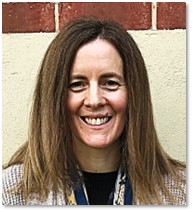
|
Dana Makrid is a survivor of an Acquired Brain Injury - a brain aneurysm and stroke in 2017. Dana spent 50 days in acute hospital, before entering rehabilitation for a further 5 months. Upon waking from her coma, Dana couldn't move or speech. She required 3 people to assist her to transfer and shower and she mobilised in a wheelchair. Dana needed to learn key functions again, including swallowing, standing, walking, and concentrating. She was supported by her family - including husband and 2 teenage sons. Now, Dana lives with her family, has returned to driving, cooking, and running a family business. Dana volunteers as a peer support mentor where she finds great joy - by supporting current inpatients with their recovery, sharing with them her own story and reflections. Dana lives her truths and recognises her second chance in life which she has grasped with both hands. |
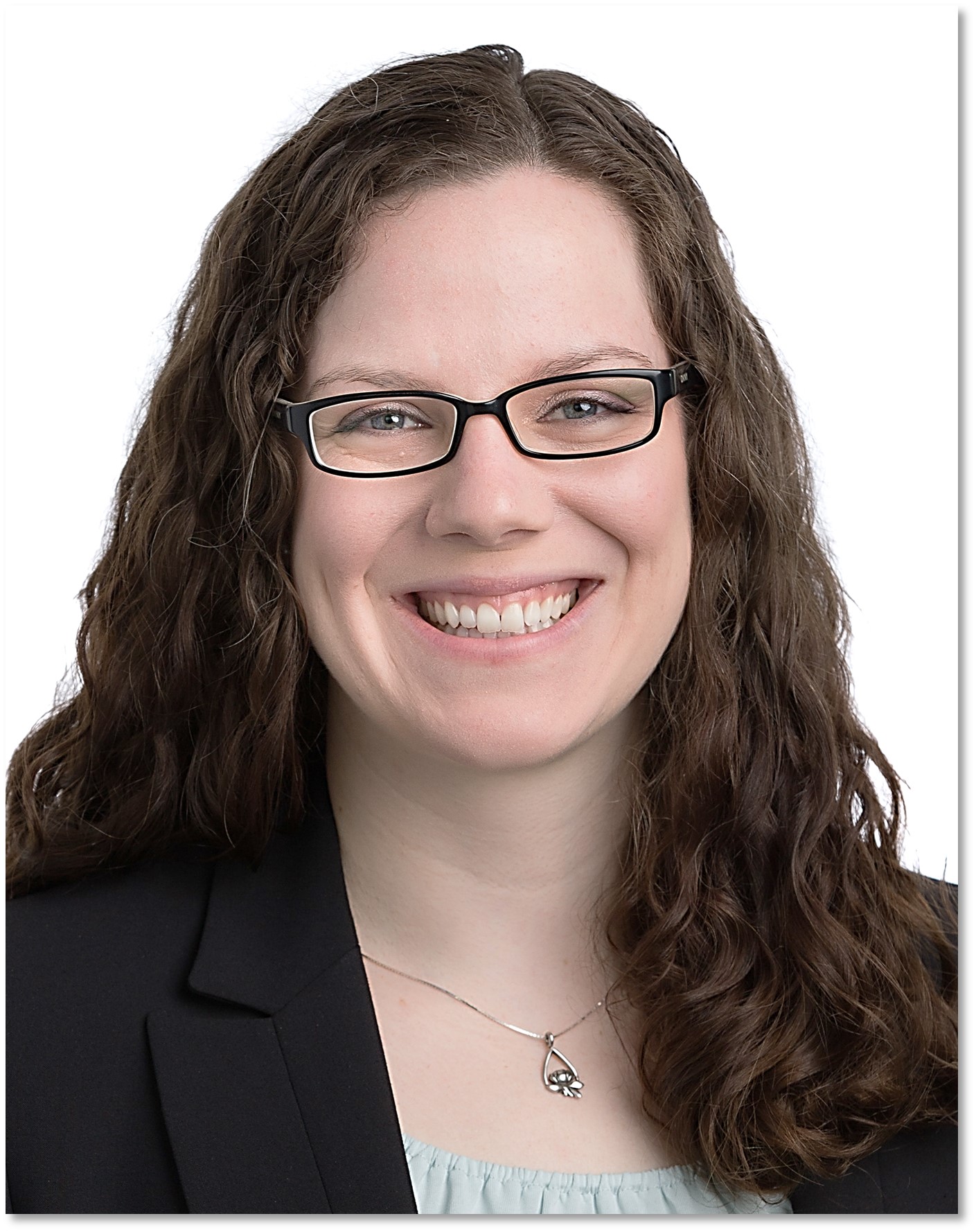
|
Dr. Lauren Kosta is Lecturer in the Department of Social Work at the University of Melbourne, and holds an honours Bachelor of Science (Psychology) from the University of Toronto. Her teaching and research focus on understanding psychosocial wellbeing and adaptation at individual, family and community levels. With particular experience in qualitative research methodology, Lauren values developing knowledge with people drawing on lived experiences to inform practice. |
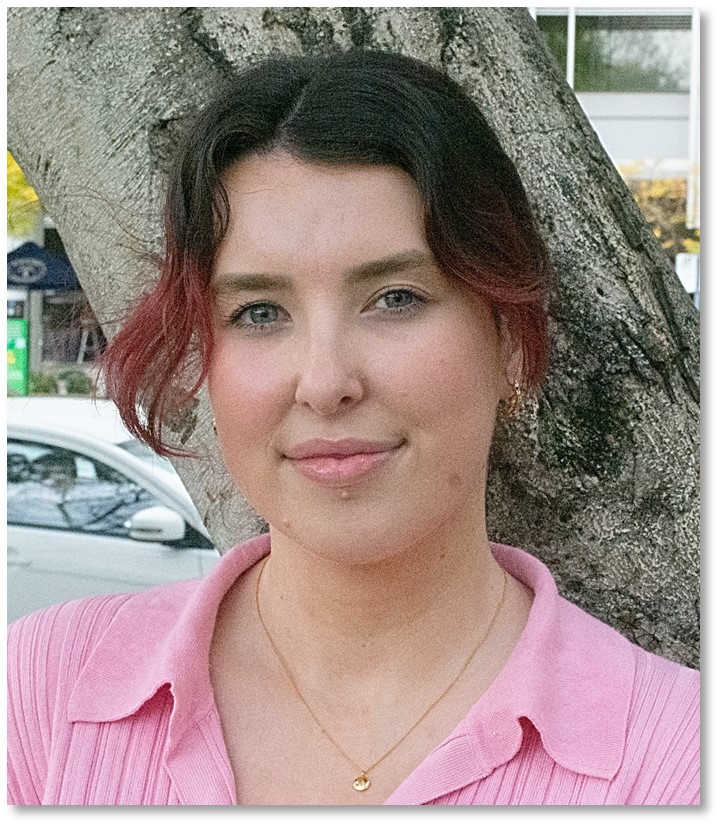
|
Laura McMahon sustained a brain injury and a stroke 6 years ago as a result of someone hitting her head-on while driving under the influence of drugs. When she first woke up from a coma 2 weeks later, she realised she was not able to communicate and had to learn how to walk and talk again. Since then, she has made leaps and bounds in her recovery. She says she's found a second home at Brain Injury SA, joining a community of like-minded people who understand what everyone’s going through with absolutely no judgement and a lot of compassion. Laura says of mentoring “Before my brain injury, my life was very fast-paced and everything was 'go go go'! After my accident, I feel like I have a deeper sense of kindness and understanding - thinking about what people are going through. Being a mentor means the world to me. I wouldn’t wish what happened to me on anybody but I’ve found a way to support people which gives me an incredible amount of gratification and joy.” |
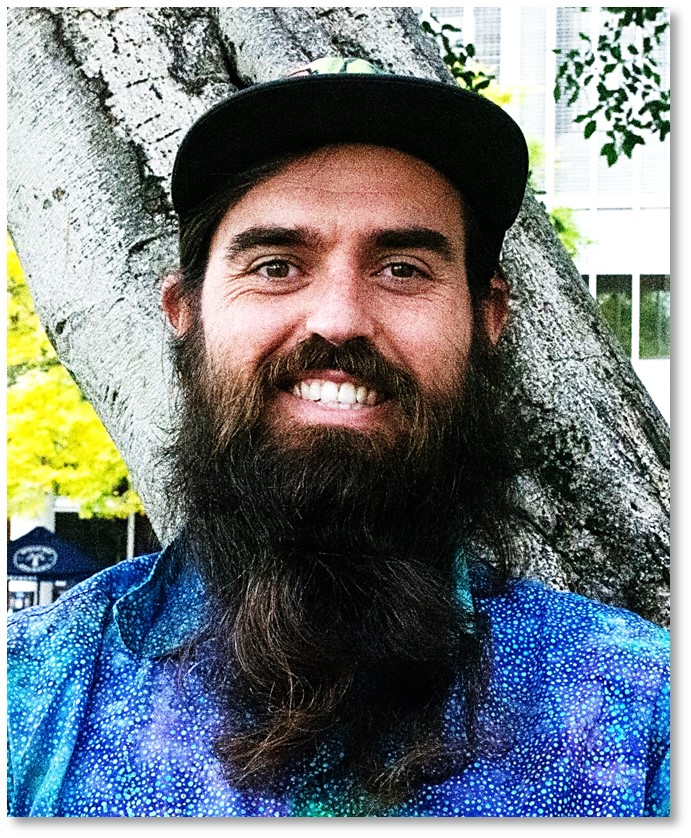
|
Lachlan (Locky) Miller grew up Humpty Doo, 40 kilometres south of Darwin. Before his brain injury, he was a diesel mechanic and enjoyed hanging out with mates and playing rugby union at state level. Following his injury Locky experienced a sense of isolation, with little idea of what was possible for him. He found it hard to integrate back into the community. But he had a mate and brother who helped encourage him and found ways to engage him in his recovery and community. Having seen how integral mentors were to him in his recovery with their support and motivation, it made him want to be there for others in a similar way. “I love mentoring because after brain injury you can feel like you're the only one. Mentoring can help connect people to their new normal in the wider community.” |
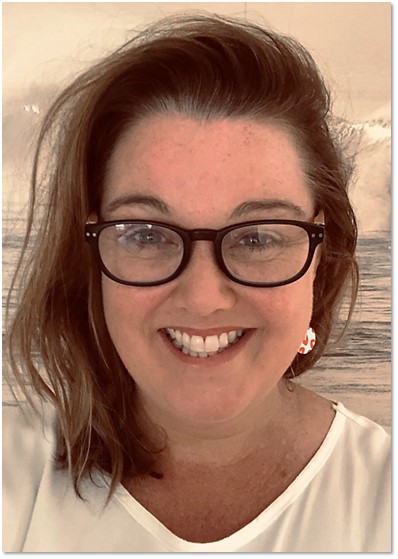
|
Kate Heine has worked in the world of kids and therapy since she was 18, first as a therapy assistant in a Hippotherapy centre in California, then - since 1997 - as a physiotherapist. She has always specialised in children with neurological conditions and it was while working at Melbourne's Victorian Rehabilitation Centre that she discovered her true passion for working with children and families impacted by Acquired Brain Injury (ABI). After suddenly losing a parent in 2002, she created the idea for a family camp for kids with ABI, because she realised how crucial it was to be around people who “get it” after experiencing a traumatic event. This small idea became 'Heads Together for ABI' and, almost 20 years later, it remains her passion and has grown into a thriving non-profit with five programs that support, connect and empower families, young adults, parents, teens and kids. Her mission is giving voice to people with lived experience and building a community of understanding to drive positive change. |
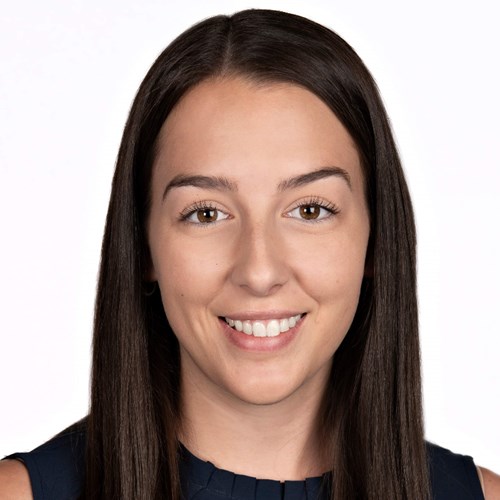
|
Dr Taylor Jenkin is a post-doctoral researcher at the Victorian Paediatric Rehabilitation Service at The Royal Children’s Hospital and the Murdoch Children’s Research Institute in Melbourne, Australia. She completed her Master of Psychology (Clinical Neuropsychology) and PhD at The University of Melbourne in 2022. Taylor’s PhD research investigated family-centred service within paediatric acquired brain injury (ABI) rehabilitation from the perspectives of children and adolescents with ABIs, family members, and clinicians. She is currently working on several projects focused on paediatric ABI rehabilitation and enjoys using qualitative research approaches and co-designing research projects with clinicians and families. In addition to her research roles, Taylor has worked as a neuropsychology registrar in paediatric rehabilitation. Taylor is passionate about improving clinical care and outcomes for children and adolescents with complex medical conditions and their families. |
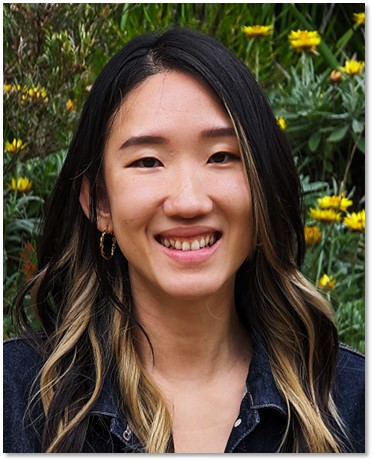
|
Jill Hwang is a fourth-year PhD candidate in the clinical neuropsychology program at Monash University, undergoing training as both a clinician and researcher. Through research, Jill has explored the topic of addressing sexuality with the aim of increasing discussions in the clinical space. She has interviewed both survivors of Traumatic Brain Injury and clinicians, gaining their perspectives, and worked with clinicians at the Epworth's Acquired Brain Injury (ABI) Rehabilitation Unit to co-design new clinical protocols, resources, and training workshops to facilitate team-wide behavioural change in this area. |
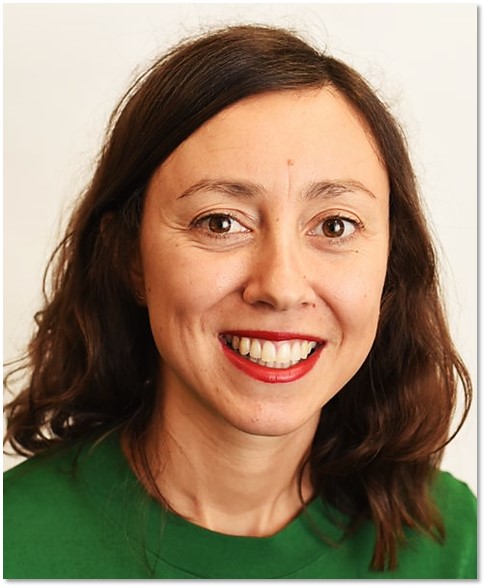
|
Caitlin Fulton has 18 years' experience working as an Occupational Therapist. She currently works at the Lifetime Support Authority (LSA) in South Australia as Manager of Service Planning - Acute. Prior to joining the LSA, Caitlin worked across acute and community rehabilitation settings in New South Wales, Victoria and the United Kingdom. Caitlin has a strong commitment to evidence-based practice and a particular interest in neurological rehabilitation. |
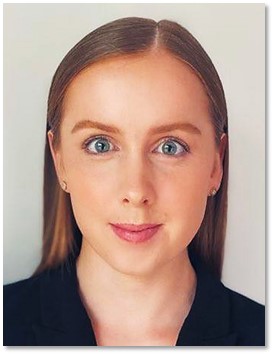
|
Dr. Elinor Fraser earned her Doctor of Philosophy in Clinical Neuropsychology from Monash University in 2022. As an early career researcher and clinical neuropsychologist, she has been employed at the Monash-Epworth Rehabilitation Research Centre since 2019, focusing on Traumatic Brain Injury (TBI) outcomes. Her doctoral research identified a gap in sexuality support within brain injury rehabilitation. Through a series of robust scientific studies, she identified depression as a novel mechanism contributing to sexuality problems post-TBI. These findings led to the development of Cognitive Behaviour Therapy for Sexual WELLbeing (CBT-SWELL) after TBI, aimed at improving sexual wellbeing in TBI survivors. Pilot study data, published as part of her doctoral research, paved the way for ongoing recruitment for CBT-SWELL. Dr. Fraser's work not only addresses the scarcity of evidence-based approaches to sexuality changes after TBI but also aims to enhance the routine delivery of sexuality services in rehabilitation, thereby improving the quality of life for individuals and couples affected by TBI. |
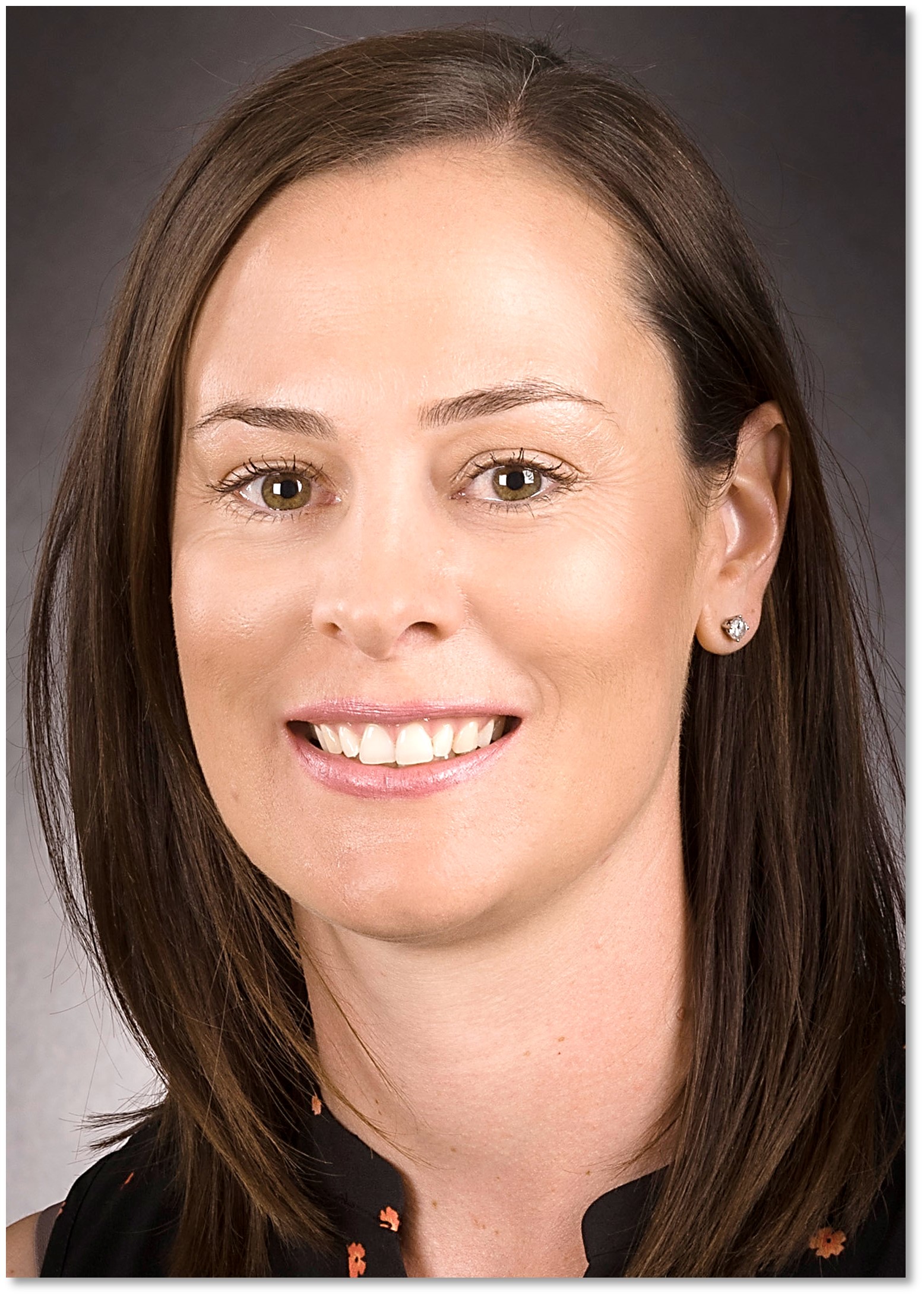
|
Dr. Heather Block is an occupational therapist and researcher. She has over 10 years of clinical experience working with people with neurological conditions and Acquired Brain Injury (ABI), predominantly in the acute setting. Between 2019 and 2024, she completed her PhD on the topic of ‘Managing challenging behaviours after traumatic brain injury in the acute hospital setting’. Heather now works as a post-doctoral Research Fellow with the Caring Futures Institute at Flinders University. She is committed to translational research initiatives to help people live better lives and receive better care through health systems. |
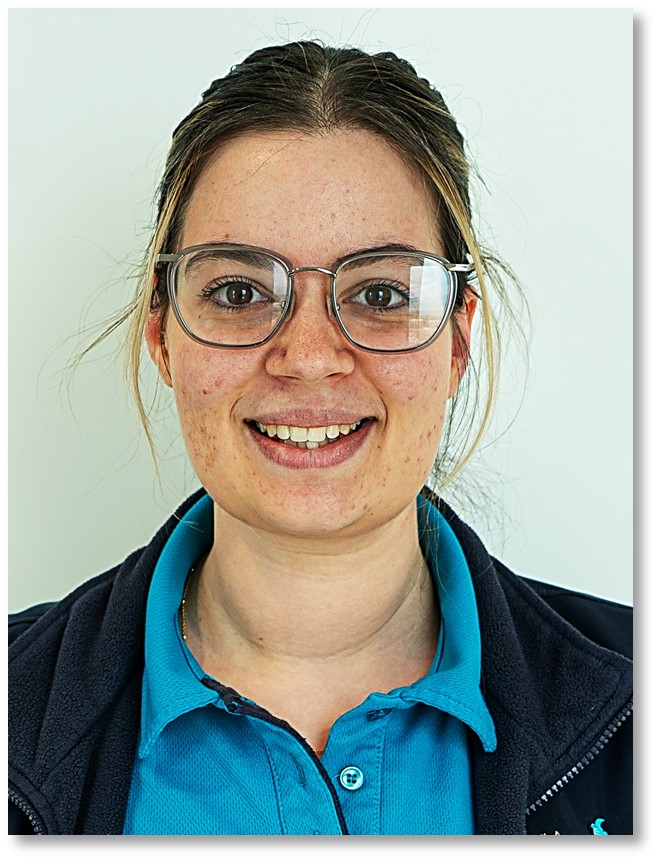
|
Susan Lane works as the Clinical Nurse Consultant in Neurology at Nepean Hospital in Sydney's western suburbs, with 14 years’ experience in this role. She recently completed a secondment implementing a strategy throughout her Local Health District aimed at streamlining complex discharge planning to the National Disability Insurance Scheme (NDIS). |
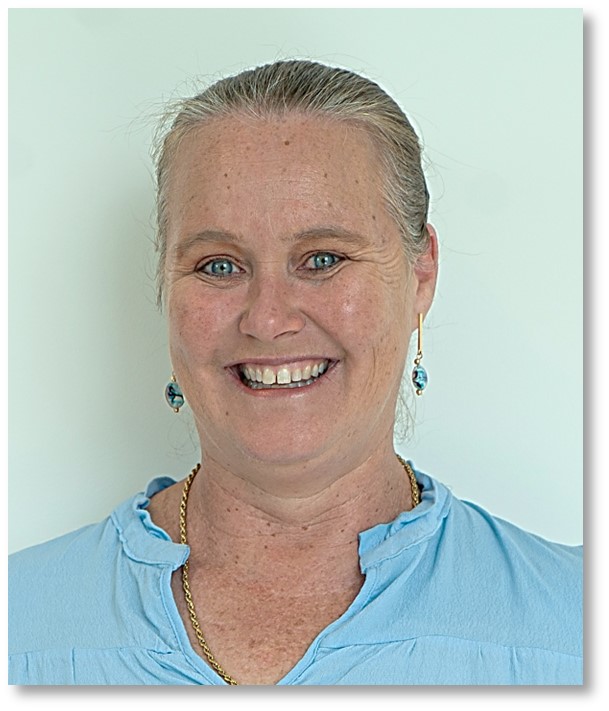
|
Tracey Carruthers has been a social worker in health for 23 years, with specific experience in rehabilitation and neurology. She recently completed a secondment implementing a strategy throughout her Local Health District aimed at streamlining complex discharge planning to the National Disability Insurance Scheme (NDIS). |
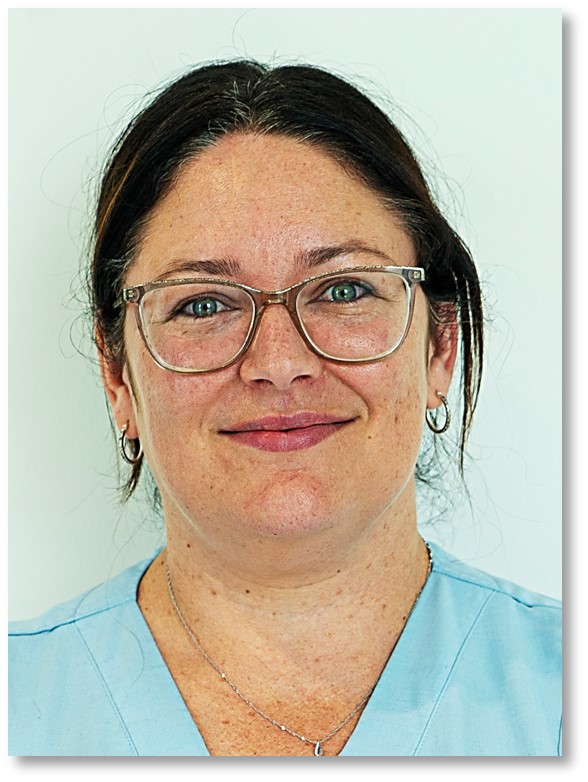
|
Jessica Skene is a senior occupational therapist working in neurology. Her role also includes providing assistance and planning to the other occupational therapists across acute wards when it comes to complex participants in the National Disability Insurance Scheme (NDSI). She has previously worked in aged care with patients experiencing high levels of cognitive impairment and challenging behaviours. |
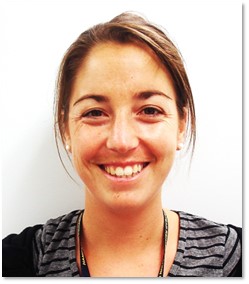
|
Sophie Flint has been a physiotherapist with the South Australian Brain Injury Rehabilitation Service (SABIRS) for 11 years. She has worked predominantly in the Brain Injury Rehabilitation Unit (BIRU) but also across Brain Injury Rehabilitation Community and Home (BIRCH) teams. During her time at the BIRU, she represented the physiotherapy discipline as a member of the behaviour resource group; extending her understanding and clinical knowledge in working with individuals with challenging behaviours using a Positive Behaviour Support approach. |
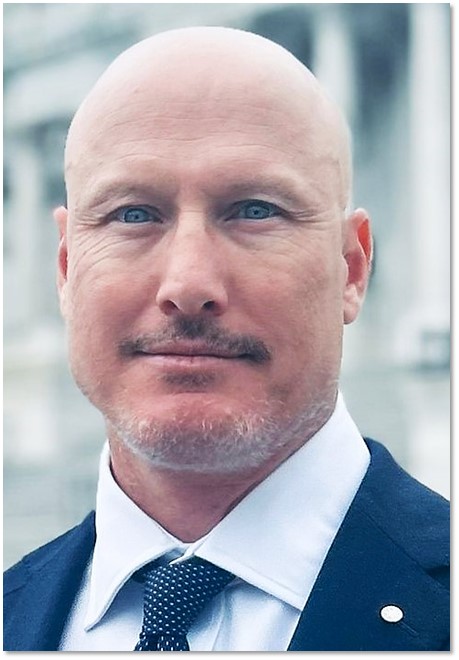
|
Paul Scanlan is a retired Australian Army Special Forces Officer with a background spanning operational, training, policy, capability development, and more recently, social impact start-up environments. For 25 years, he led teams in uncertain, complex, and dynamic environments – 15 of them working in counter-terrorism-related roles in the National Security Community. In one of his final roles, as the Director of 'Diggerworks,' he led a specialised team comprising combat-experienced servicemen and women, scientists, and engineers. Their primary objective was not only to address the evolving needs of close combatants but also to enhance or develop combat capabilities, akin to the United States Marine Corps' Gruntworks initiative. It was here he became aware of mild Traumatic Brain Injury, Impulse Noise, and Blast Overpressure. Paul is the Founder of Vigil Australia, a no-fee-for-service social enterprise dedicated to raising awareness of mild Traumatic Brain Injury (mTBI) and Blast Overpressure (BOP) within the Australian Defence Force, Veteran, and Police communities. Vigil Australia seeks to address the gap in recognition, research, and treatment of these injuries, advocating for systemic change and greater understanding of the impact of repetitive low-level blast exposure on the brain. The organisation works to connect stakeholders and experts across commercial, academic, government, and research sectors to drive change. More recently, Paul has been supporting the Australian Royal Commission into Defence and Veteran Suicide to raise awareness of mTBI in the Australian Defence Force and Veteran communities. Paul holds a Master's in International Relations from the Australian National University and an MBA from the University of Melbourne Business School. He was awarded the Distinguished Service Medal for Leadership in Action in Afghanistan in 2013. |
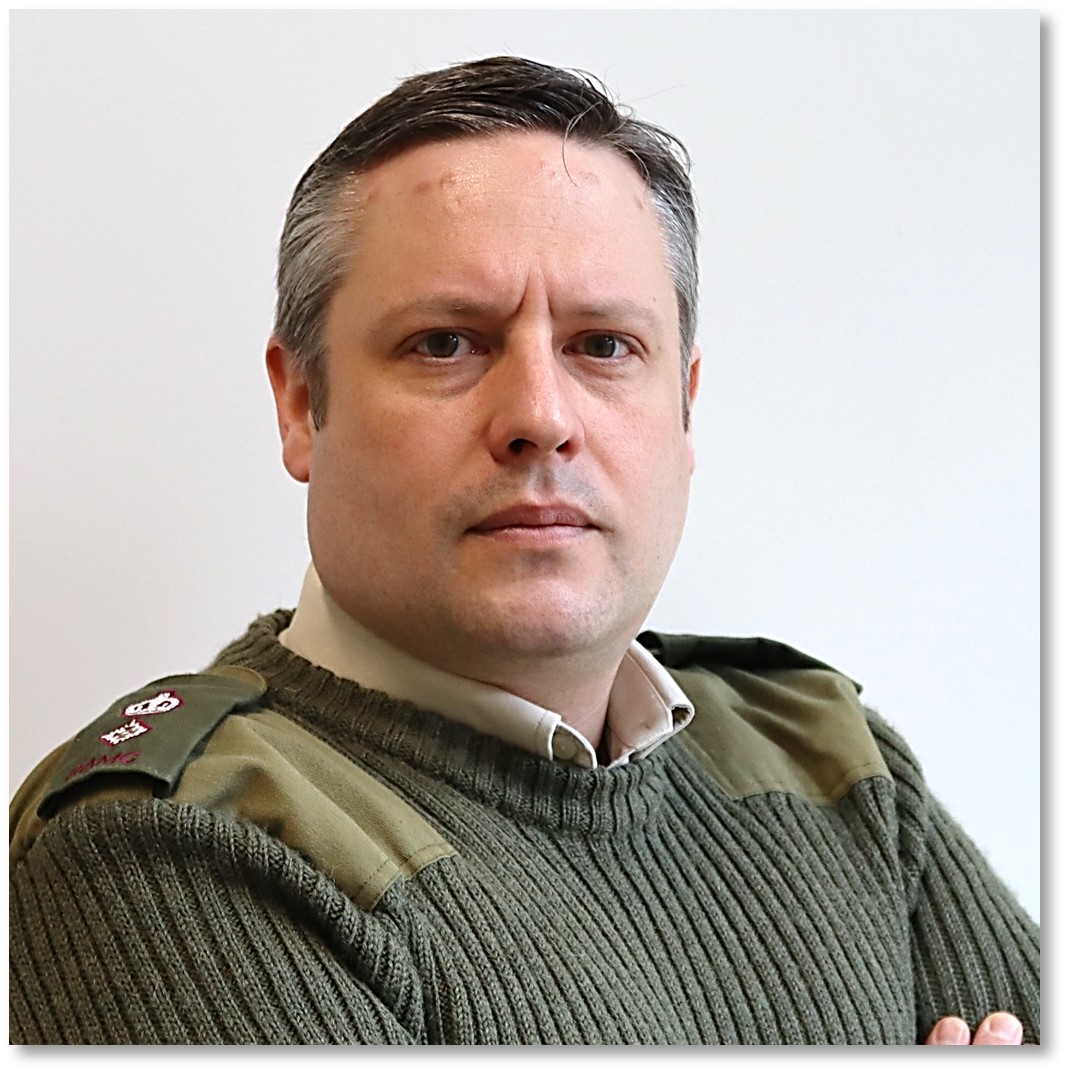
|
Lieutenant Colonel James Mitchell PhD MRCP is a British Army Medical Officer and Consultant Physician dual-qualified in neurology and rehabilitation. His interests are the management and rehabilitation of head injuries and blast brain injury. He works at the Defence Medical Rehabilitation Centre, Stanford Hall, where he leads the UK Military Traumatic Brain Injury Service, and the Royal Centre of Defence Medicine at University Hospitals Birmingham. He is a senior lecturer in the Academic Department of Military Rehabilitation and Associate Director and a Principal Investigator of the mTBI Predict Consortium; a UK and US funded TBI research study sponsored by the University of Birmingham that aims to identify the most accurate, reproducible and clinically practical biomarkers to better identify those at risk of long-term health issues after a head injury. |
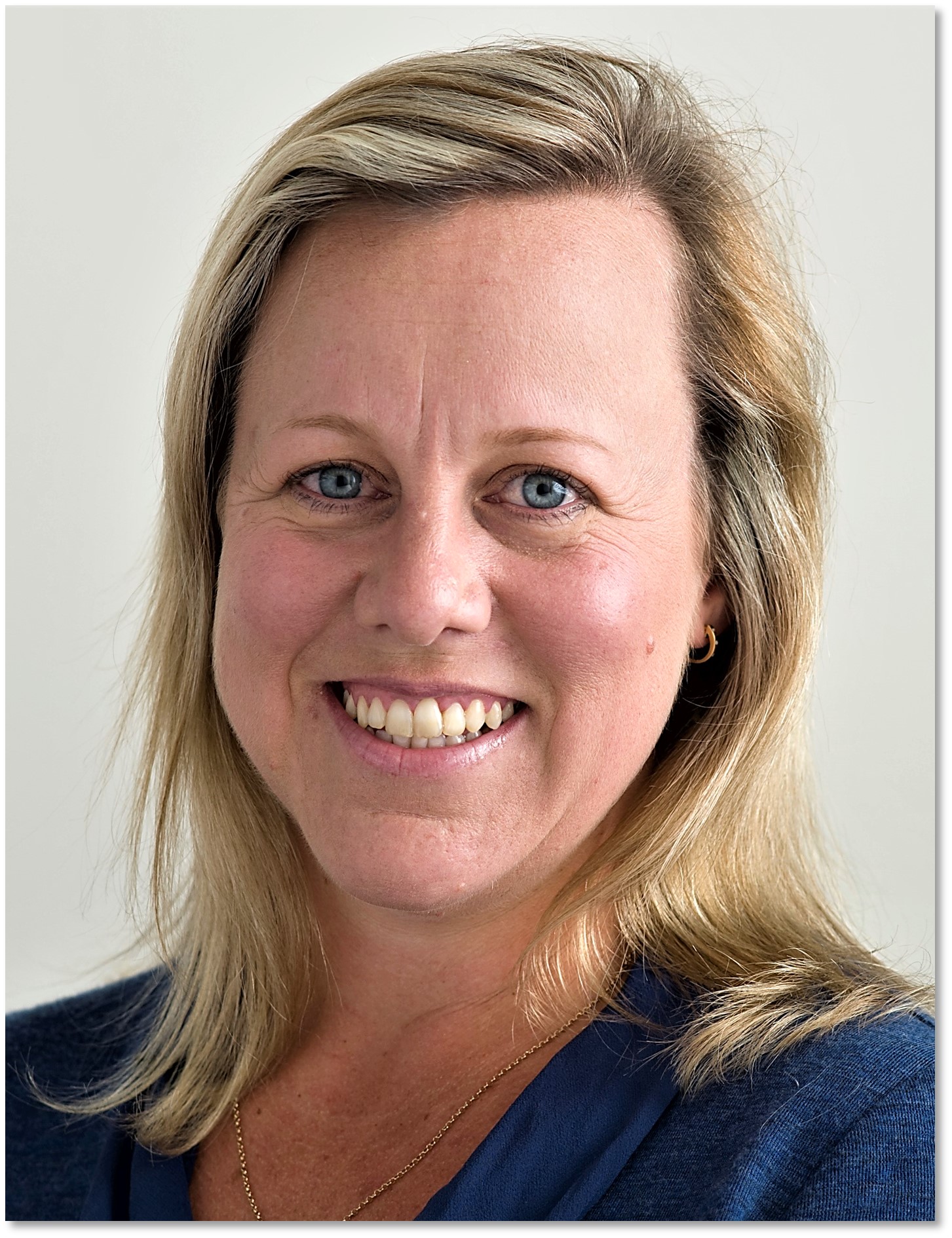
|
Associate Professor Libby Callaway is an occupational therapist who has worked extensively in health and disability policy and practice for over thirty years in Australia and the United States. She currently works across the Rehabilitation, Ageing and Independent Living (RAIL) Research Centre and Occupational Therapy Department at Monash University, where she leads a program of research focused on housing, technology and workforce design that is co-designed and co-produced with people with lived experience of disability. She also works clinically as an occupational therapist with people with acquired brain and spinal cord injury in her community-based private practice, Neuroskills. After 5 years as the President of the Australian Rehabilitation and Assistive Technology Association (ARATA) – the national non-profit peak body for assistive technology stakeholders in Australia – Libby has now taken up an augural position as ARATA’s strategic executive advisor. |
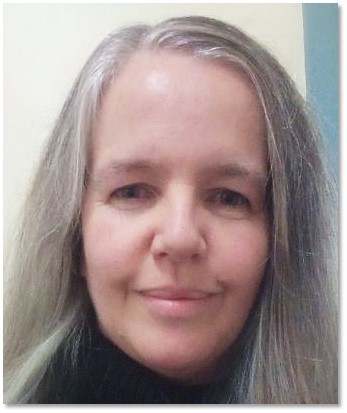
|
Judith Hocking has been a physiotherapist since 1995. She has worked in urban and rural South Australia, as well as in the United Kingdom. A significant part of her career has encompassed working with clients who have chronic or acute brain conditions. She has also undertaken studies in both disability care, and translational health research. She is especially interested in the aspects of motivation and client-centred goal-setting as drivers for recovery from Acquired Brain Injury (ABI). Committed to leveraging usual rehabilitation care for clients with an ABI, Judith completed her digital healthcare PhD in 2022, on the design and development of a motivational chatbot – RehabChat – for brain injury rehabilitation. RehabChat has been co-designed with clients with an ABI and clinicians providing brain injury rehabilitation care. Judith now works in a multi-disciplinary research team at Flinders University conducting further feasibility testing of RehabChat. |
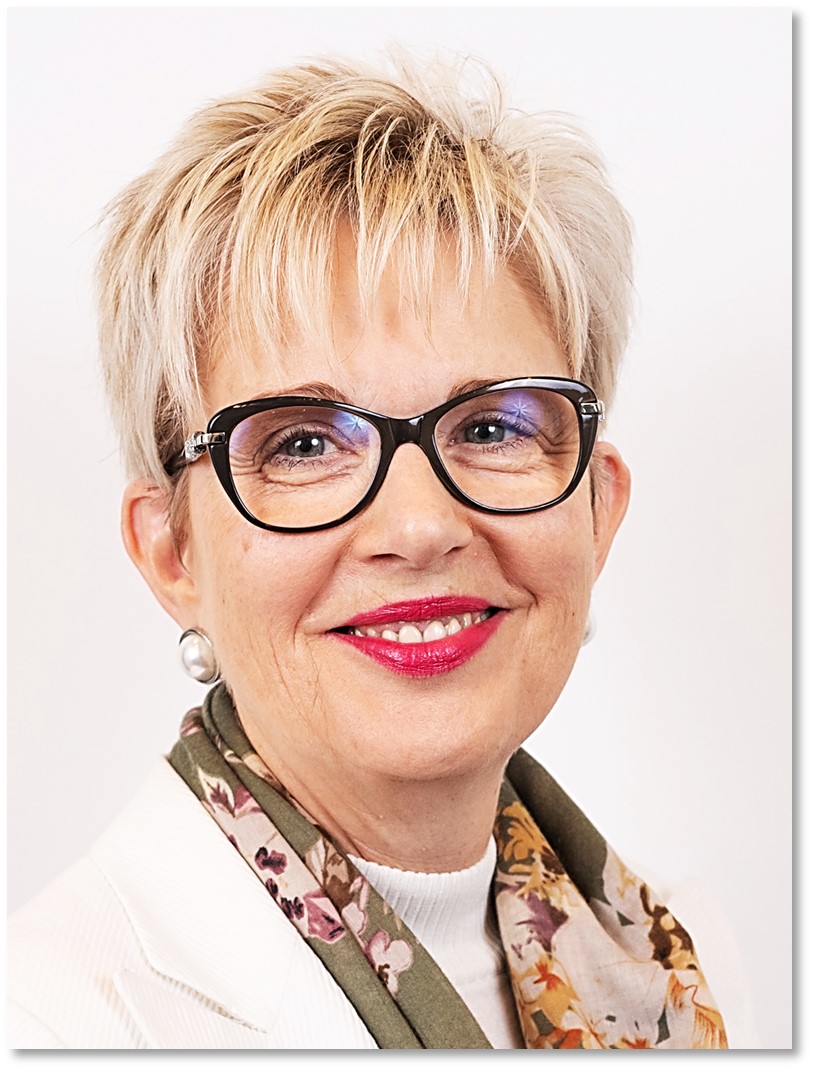
|
Dr. Robyn Stokes became Bionics Game Changers Australia’s inaugural CEO in early 2020. Her interest in health innovation and bio-medical advances came to the foreground in shaping Brisbane and Queensland’s plans to leverage Australia’s G20 Leaders’ Summit. Robyn has spearheaded Australia’s first-ever Bionics Challenge and wider plans for a Human Bionics LivingLab Community. Key projects delivered in partnership with Queensland’s Motor Accident Insurance Commission and Advance Queensland have included a Bionics Innovation Opportunity Analysis and a Bionics Innovation Ecosystem Mapping Study. A recent National Bionics Innovation Leaders’ Summit will inform a National Roadmap for Medical Bionics Innovation, Commercialisation and Growth to be released in mid-2024. |
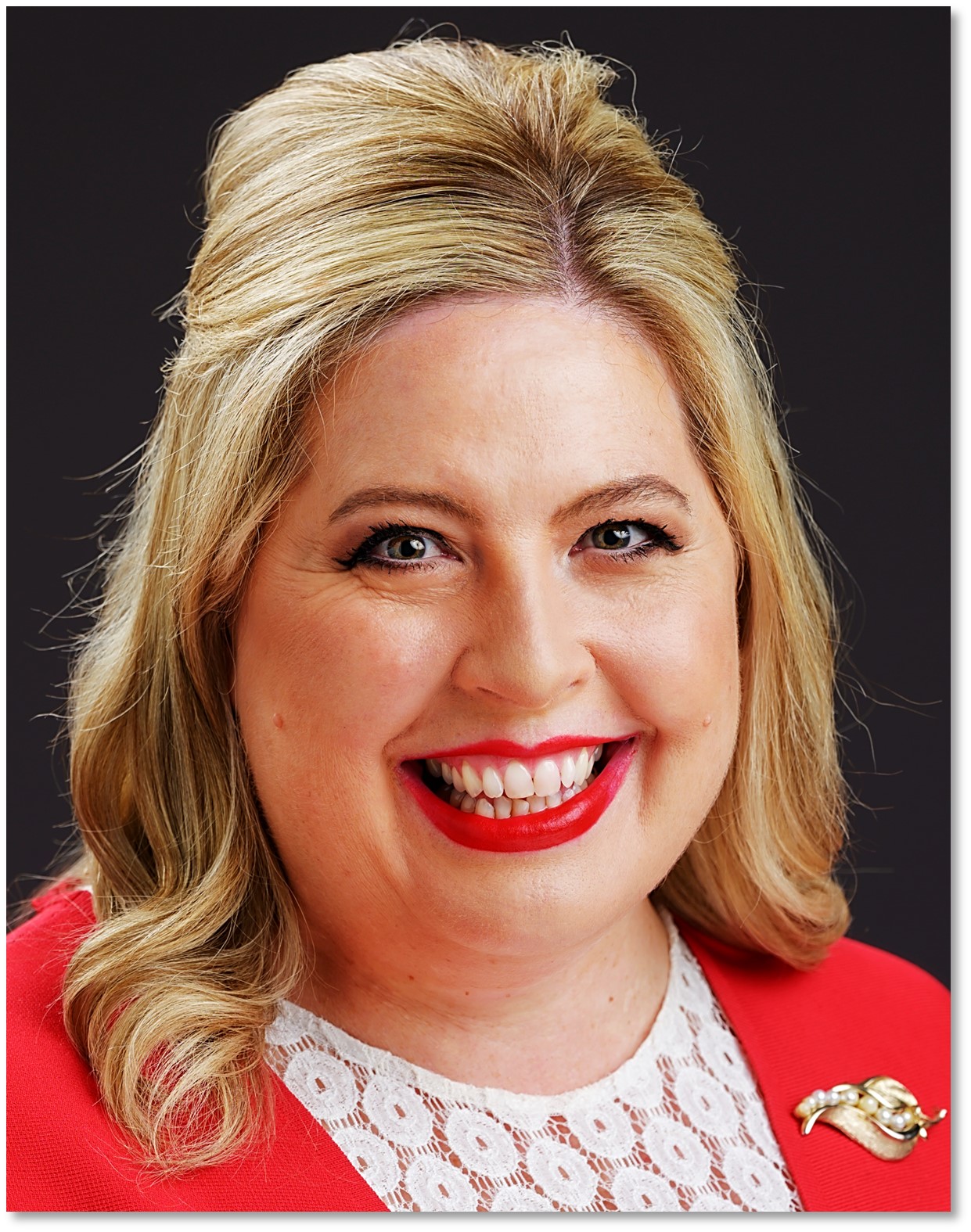
|
Katrine Hildyard is the Minister for Child Protection, Minister for Women and the Prevention of Domestic and Family Violence, and Minister for Recreation, Sport and Racing. Katrine has been a Member of Parliament in South Australia since 2014. Formerly, Chief Executive Officer of community organisation Together SA, Katrine is a graduate of Flinders University, the Australian Institute of Company Directors and the Governor’s Leadership Foundation. |
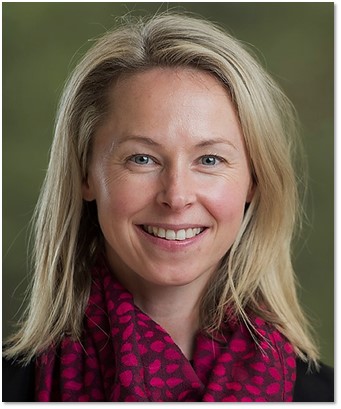
|
Christina Ekegren is a Senior Research Fellow within Monash University's Rehabilitation, Ageing and Independent Living (RAIL) Research Centre. Her research focuses on long-term outcomes of traumatic injury and the impact of age on injury incidence and recovery. She also has a special interest in active ageing. Christina has a clinical background in physiotherapy and a PhD in epidemiology, and has worked in teaching and research at universities in Australia, the United Kingdom and Canada. |
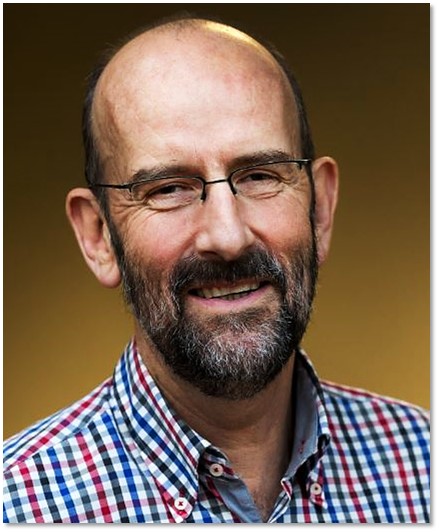
|
Ian Cameron is Professor of Rehabilitation Medicine and Head of the John Walsh Centre for Rehabilitation Research, both at Norther Sydney Local Health District and the University of Sydney, and Senior Staff Specialist Division of Rehabilitation and Aged Care at Hornsby Ku-ring-gai Health Service and Southern NSW Local Health District. His clinical and research interests are in rehabilitation, ageing, frailty, disability and healthcare services. |
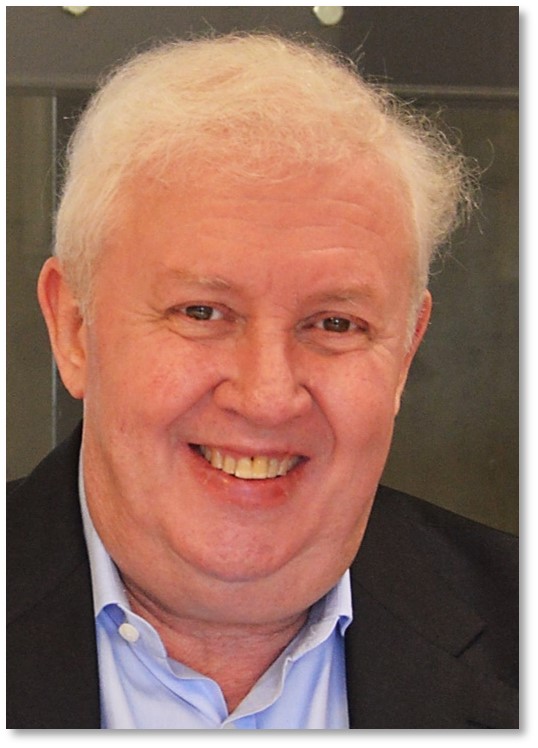
|
Grahame Simpson is an Associate Professor in the Faculty of Medicine and Health at University of Sydney, Leader of the Brain Injury Rehabilitation Research Stream at the John Walsh Centre for Rehabilitation Research and Director of Brain Injury Rehabilitation Research Group at the Ingham Institute for Applied Medical Research in Sydney. His research specialises in clinical, psychometric, intervention and translational research. He has dual professional qualifications as an accredited social worker and registered psychologist, with more than 35 years’ experience as a clinician and researcher at the Liverpool Hospital Brain Injury Rehabilitation Unit. He is Co-Editor of Brain Impairment - the official journal of the Australasian Society for the Study of Brain Impairment - an Editorial Board member for the Journal of Head Trauma Rehabilitation and co-founder of the International Network of Social Workers in Acquired Brain Injury. |
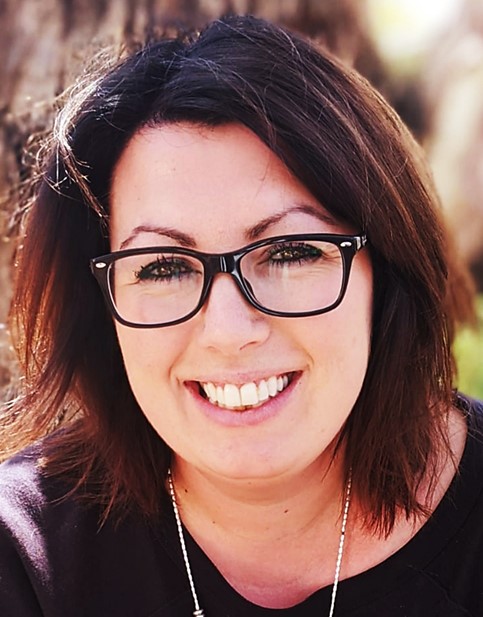
|
Michelle Fitts is an Australian Research Council DECRA Senior Research Fellow at the Institute for Culture and Society at Western Sydney University and lives in Mparntwe Alice Springs. She started her career in alcohol research in Queensland in 2010. Since 2015, she has committed her research energy to disability, with a focus on the rehabilitation and recovery needs of people who have experienced Traumatic Brain Injury (TBI). She is currently leading a project on improving understanding of the needs and priorities of Aboriginal and Torres Strait Islander women who live with TBI from Family, Domestic and Sexual Violence. Her work has informed multiple reviews on family violence, alcohol and disability as well as informed education and training for communities and frontline staff on concussion. |
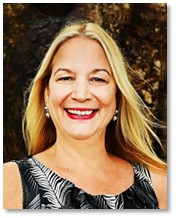
|
Jennifer Cullen is an Adjunct Associate Professor at James Cook University and Griffith University, where she also serves as Doctor of the University. She is a community services professional with over 33 years’ experience working in disability and aged care services. She is Chief Executive Officer of Synapse - Australia’s leading brain injury organisation and has been instrumental in leading service delivery, research, advocacy, and intersectional collaboration in the field. |
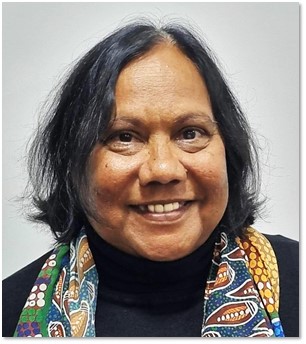
|
Aunty Glenda Duffy is a Kalkadoon Waayni woman from Northwest Queensland and the Gulf of Carpentaria Region who was raised in rural towns Cloncurry and Mount Isa and has lived in Townsville for over two decades. She has worked for 25 years in community engagement, community development and community capacity-building in Aboriginal communities. Aunty Glenda’s work in communities has been in the areas of community development, childcare, homelessness and community engagement protocols. She has worked extensively in both Australian and State Governments agencies as well as non-government organisations. |
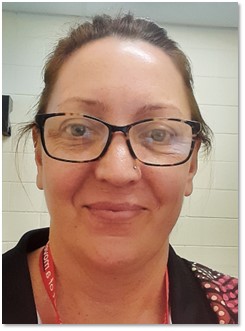
|
Rachel Montgomery was born on the lands of the Yaburara and Ngarluma peoples in Western Australia to an English dad and Pakeha mum. She has grown up on the lands of Bindal and Wulgurukaba peoples in North Queensland. Her foundations for practice were informed from formal education in psychology and international and community development and two decades of working in north Queensland with knowledge-holders at the grassroots shaping local solutions to community needs. Rachel recognises the power of education, inquiry and learning in transforming oppressive structures and systems in society and seeks to create opportunities for collaboration that can create transformative social justice. |
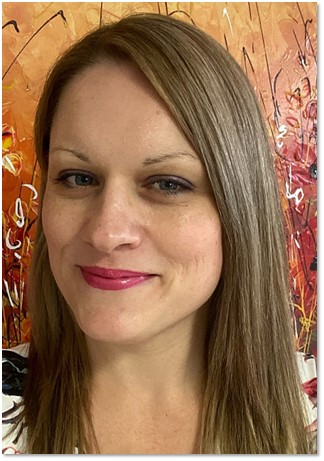
|
Sue-Ellen Drew has been a Registered Nurse for 23 years. In 2019, her life changed forever when she was assaulted in her workplace. She sustained a "mild" Traumatic Brain Injury (TBI) and, secondary to her TBI, developed Post-Concussion Syndrome, Binocular Vision Dysfunction, dysautonomia, Postural Orthostatic Tachycardia Syndrome (POTS), cervicogenic neck dizziness and tinnitus. She has also been battling with Post-Traumatic Stress Disorder (PTSD), anxiety and depression. Navigating through the health system, being repeatedly misdiagnosed and having to advocate for herself to get the appropriate care has been, by far, the hardest obstacle. She hopes sharing her experiences can help others and demonstrate there is always hope. |
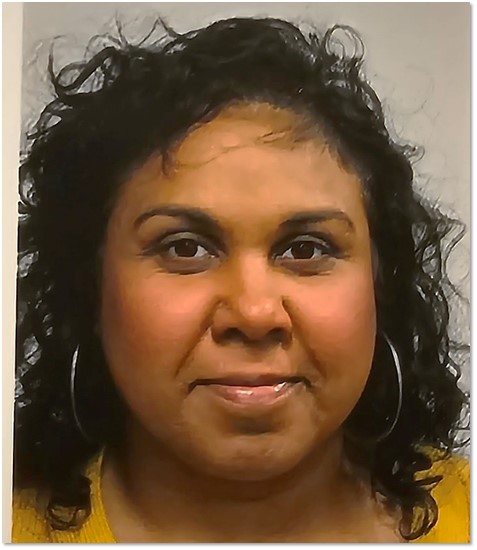
|
Natalia Kelly is an orthoptist committed to innovation, teamwork and evidence-based practice in assessing and maximising the function and vision of those with visual dysfunction. Her particular interests include neurological vision impairment and paediatric vision. She is the founder and principal orthoptist at Vision Matters, a private orthoptic vision rehabilitation practice in Melbourne. Additionally, Natalia is an academic at La Trobe University in the Discipline of Orthoptics. Her teaching is predominantly focused on vision rehabilitation and neuro-orthoptics. She is also a co-founder of CVI-Community Australia and a founding member of Paediatric Vision Impairment Alliance Australia. |
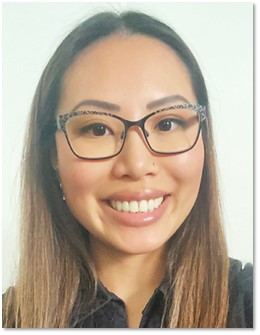
|
Kathryn Upton is undertaking her Master of Clinical Neuropsychology at Macquarie University in Sydney . She has 5 years' experience working in Family, Domestic and Sexual Violence as a crisis support worker in the response enhancement team. |
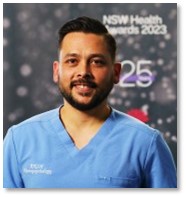
|
Dr. Vincent Oxenham is a Senior Clinical Neuropsychologist at Royal North Shore Hospital in Sydney, a Senior Lecturer in Neuropsychology at Macquarie University, and the Clinical Discipline Head of Neuropsychology at MQ Health Hospitals and Clinics. He is a member of Football Australia's expert working group on concussion and heading. He has also co-developed an award-winning concussion clinic at Royal North Shore Hospital. |
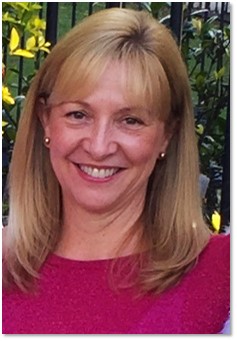
|
Dr. Julia Treleaven is a Senior Lecturer at the University of Queensland and Fellow of the Australian College of Physiotherapists. She works part-time as a physiotherapist in a private practice managing patients with headache, whiplash, cervicogenic dizziness and Post-Concussion Syndrome. Her research is focussed on the role of neck dysfunction in those with headache, dizziness and post-concussion. She has over 150 publications in this area. She is currently a member of the "mild" Traumatic Brain Injury (TBI) Australian and New Zealand Clinical practice guideline development group and the lead for allied health. She has clinical and research expertise in the wide range of physical impairments that can be associated with concussion (headache, neck pain, dizziness, visual disturbances and balance deficits). |
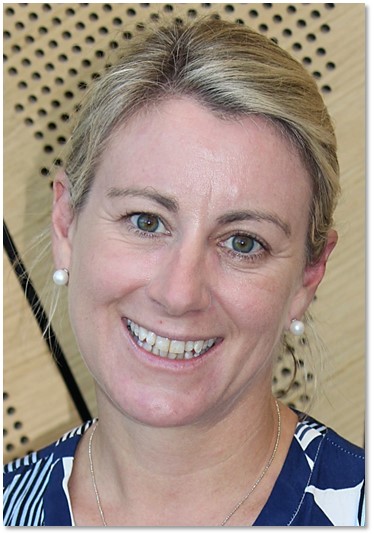
|
Dr. Gill Cowen is a Fellow of the Royal Australian College of General Practitioners and Master of Sports Medicine who developed an interest "mild" Traumatic Brain Injury (mTBI) whilst working as a Sports Doctor. Her research at Curtin Medical School has allowed her to develop her interest in mTBI which has, over time, extended from sport-related concussion to all-cause mTBI. She is a founding member of the Western Australian Concussion Network, facilitating translation of research into best-practice community care and providing research supported concussion education to schools/sporting clubs. She is also a member of the Medical Research Future Fund Traumatic Brain Injury Mission Expert Advisory Panel. She volunteers on the WA Football Commission Regional and Community committee providing research-informed recommendations relating to concussion management. and led development of the research-informed WA Healthpathways mTBI primary care pathway in collaboration with Western Australia's State Head Injury Unit. In 2022, she received the Curtin Medical School's Early-mid Career Research Award for Research Excellence. |
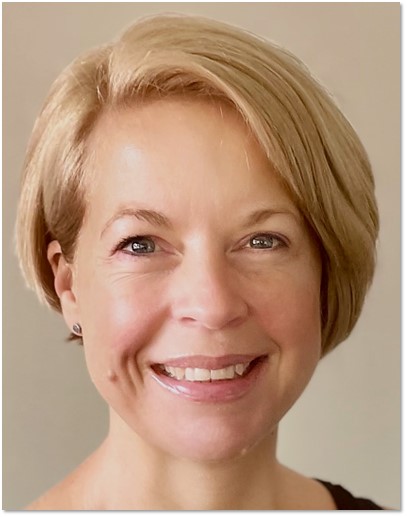
|
Associate Professor Kerry Peek is a physiotherapist and teaching and research academic at The University of Sydney. Her research is focused on mitigating sports-related head and neck injuries with a particular focus on heading, head impacts and head injuries in football (soccer). Kerry is a contracted injury spotter (with a predominant focus on head injuries including concussion) for Fédération Internationale de Football Association (FIFA)-organised tournaments including the FIFA Women’s World Cup, under-17 and under-20 Men’s World Cups and Club World Cup (2023). Kerry is also the Lead of FIFA’s Heading Expert Group. Kerry was the only non-European member invited to develop Union of European Football Associations' (UEFA) Heading Guidelines, released in 2020. She is an advisory member of UEFA’s Heading Expert Panel, the English Premier League’s Expert Group on Neck Strengthening as well as Football Australia’s Expert Group on Heading and Concussion. Kerry has received research funding from Sports Medicine Australia as well as a FIFA Research Scholarship. Kerry is currently leading a number of international projects with collaborators from Europe, United States, Canada, New Zealand and Saudi Arabia. |
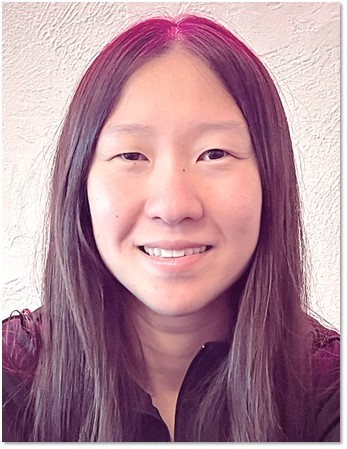
|
Sally Vuu is a senior physiotherapist at Leading Therapies with 10 years of clinical experience. She is also employed as a clinical educator and research assistant at Flinders University. Currently she is undertaking her final year of her PhD in concussion and "mild" Traumatic Brain Injury at Flinders University. She hopes to further increase awareness and understanding of Traumatic Brain Injury through her research and clinical work. |
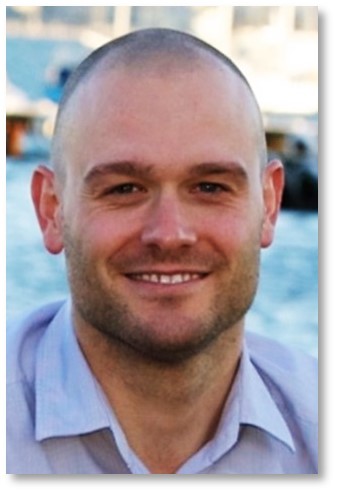
|
Sandy Shultz is a Professor in the Van Cleef Centre for Nervous Diseases in the Department of Neuroscience at Monash University. His research focuses on the effects, underlying pathophysiological mechanisms, biomarkers, and treatments of Traumatic Brain Injury (TBI) and related conditions. He has published over 150 research papers and received over $40 million in research funding, including Australia's first National Health and Medical Research Council (NHMRC) Ideas Grant focused on brain injury in intimate partner violence. |
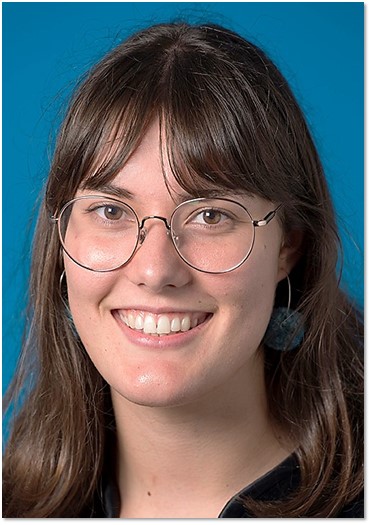
|
Dr. Georgia Symons is an early career research fellow in the Monash Trauma group in the Department of Neuroscience at Monash University. She received her Bachelor of Science from The University of Melbourne, followed by an honours degree and PhD (Neuroscience) at Monash University. She received her PhD on 'The neurological consequences of engaging in Australian rules football' in 2022, which focused on multi-modal biomarkers of concussion, including ocular motor assessment, advanced neuroimaging and blood biomarkers. Her current research extends this work into the context of intimate partner violence brain injuries (IPV-BI). She has co-led the launching of two Australia-first research studies to characterise IPV-BI and is translating this work into therapeutic interventions for IPV-BI. |
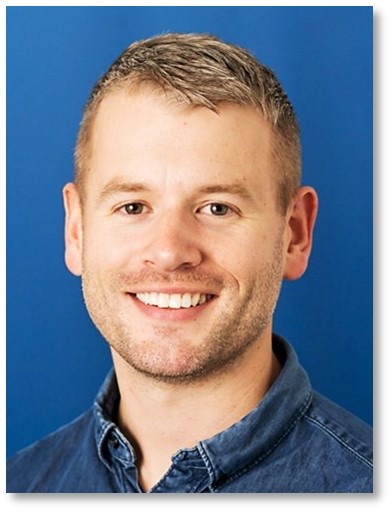
|
Dr. Stuart McDonald is a Senior Research Fellow in the Department of Neuroscience at Monash University where he directs the Fluid Biomarker Laboratory. McDonald is currently leading Australia's largest research program related to acute blood biomarkers for "mild" Traumatic Brain Injury, including those related to Family, Domestic and Sexual Violence. |
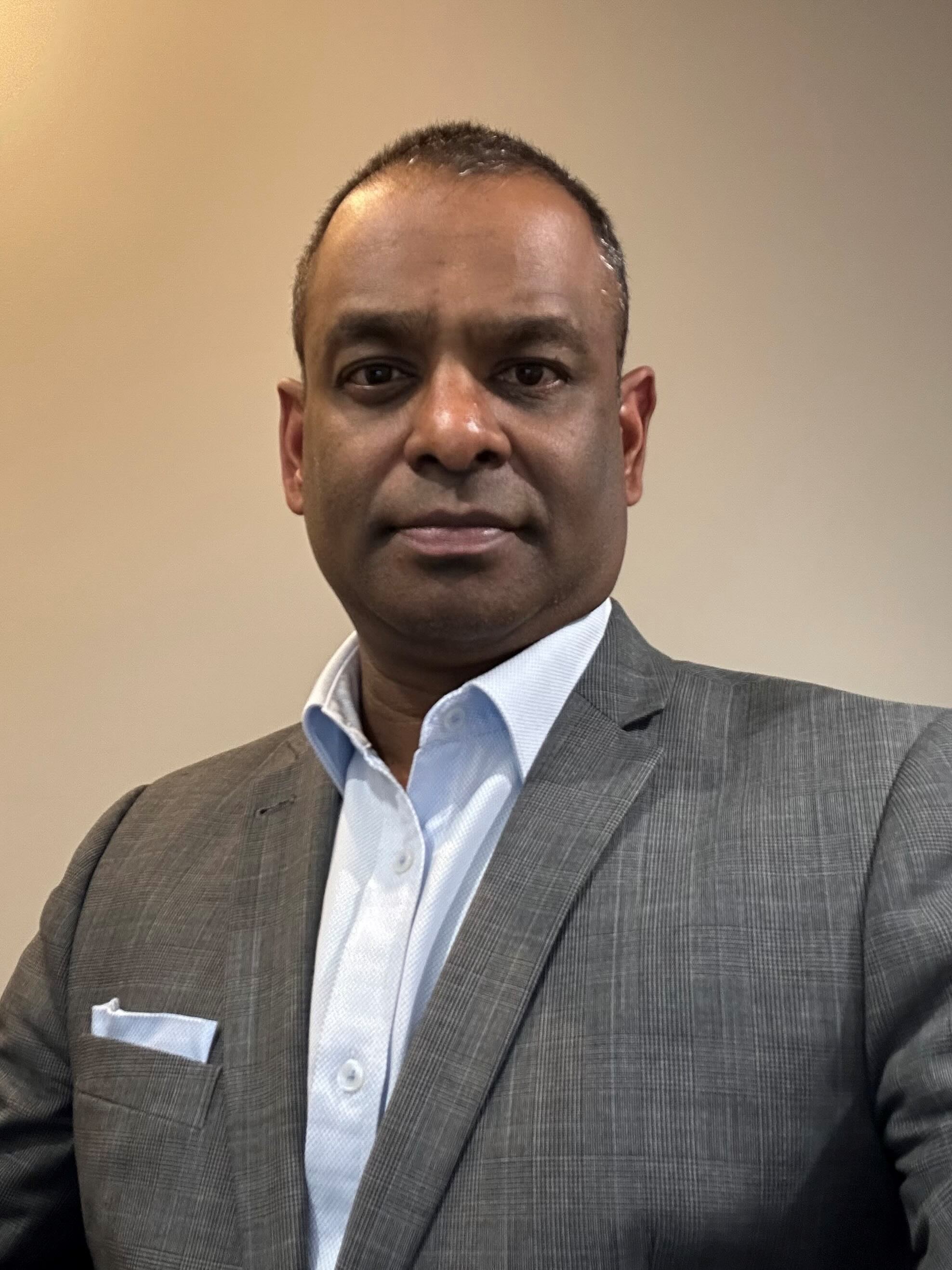
|
Dr. Terence Moodley is the Medical Director for Abbott Core Diagnostics in Australia and New Zealand, with over 25 years' worth of diverse, international healthcare experience. His clinical practice included hospital care and family medicine in South Africa and the United Kingdom. He has postgraduate qualifications in business administration, health economics and public health. For the last 15 years he has headed international units for various global healthcare companies and start-up ventures focusing on improving public health outcomes in Human Immunodeficiency Virus (HIV), cervical cancer, cardiac care and healthcare worker safety. In his current role at Abbott, Terry focusses on improving patient outcomes through medical education, clinical research and health policy involving various biomarkers. |
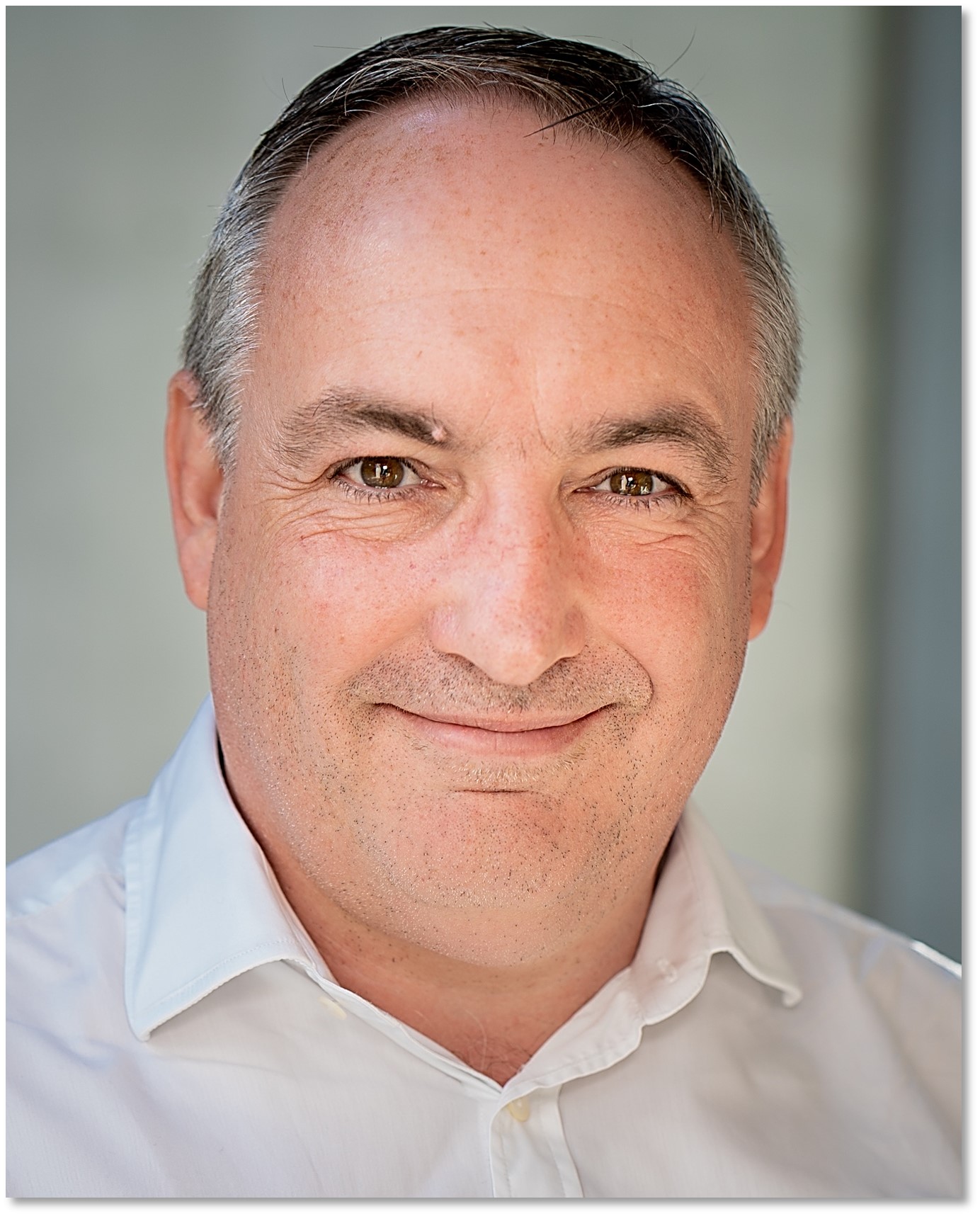
|
Professor Michael O’Sullivan is a neuroscientist, neurologist and group leader at the Institute for Molecular Bioscience at The University of Queensland, with research interests in the mechanisms of recovery after brain injury, including the role of inflammation, glial cells and signalling systems. These interests extend to brain injury in Intimate Partner Violence and the neurobiology of aggression and violence. Michael completed his undergraduate studies in Cambridge and completed specialist neurology training in London at the National Hospital for Neurology and Neurosurgery. He is a senior staff specialist at the Royal Brisbane and Women’s Hospital and was its Director of Research from 2021-2024. His clinical practice focusses on brain injury and he leads a new Concussion and Mild TBI Clinic. He is an Independent Concussion Consultant to World Rugby. |
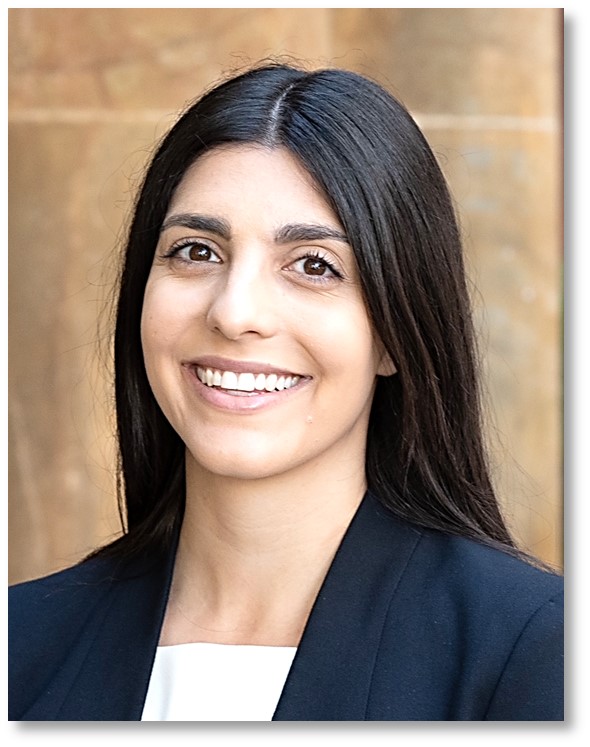
|
Mia Formichella is a lawyer, writer and, now, brain injury advocate. In 2020, she sustained a concussion playing Australian Rules football. The general lack of awareness of the injury – including the delay to diagnosis and effective treatments - contributed significantly to her ongoing recovery. |
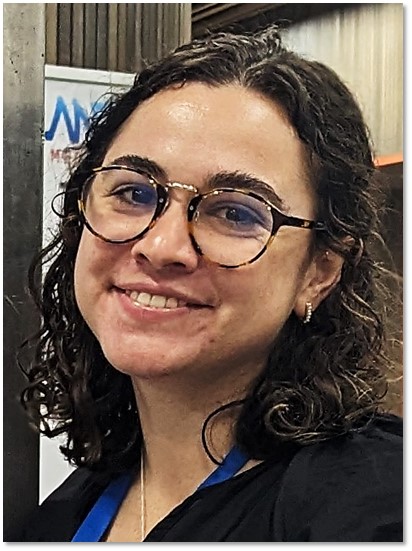
|
Emily Moore is a radiographer and, now, pursuing a doctorate on “mild” Traumatic Brain Injury at the University of Adelaide. After sustaining a concussion playing soccer in 2020, Emily lost her job, the ability to play sport, play music or to socialise. “Frustrated by the lack of knowledge of the injury, I returned to university to do a PhD, in the hope no one goes through what I did.” |
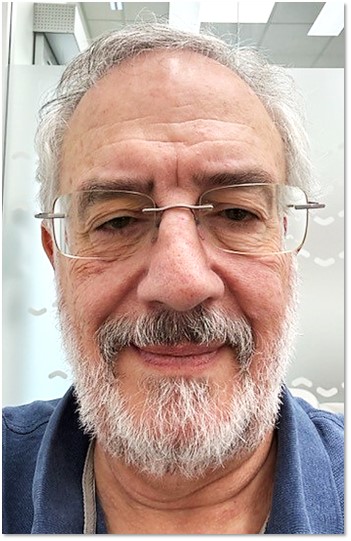
|
Les Koopowitz qualified as a doctor in South Africa in 1983. After a number of years practicing in general medicine he began specialised in psychiatry, qualifying in 1991. In 1995, Les and his family relocated to South Australia. When it became apparent that Adelaide was going to remain his home, Les took the exam and became a Fellow of the Royal Australian and New Zealand of Psychiatrists. Les divides his time between Health on Kensington in Adelaide and the Brain Injury Rehabilitation Unit at Hampstead where he practises in neuropsychiatry. He helps train budding psychiatrists and is affiliated with The University of Adelaide as a Clinical Associate Professor lecturing in psychiatry and neuroscience. Les has been practising in neuropsychiatry for over thirty years. He has a special interest in Acquired Brain Injury and continues to be inspired by those who strive to adjust to the challenges of living with an ever-recovering brain. Since retiring from the Brain Injury Rehabilitation Unit, Les remains actively involved in teaching at The University of Adelaide and at the Urgent Mental Health Care Centre. |
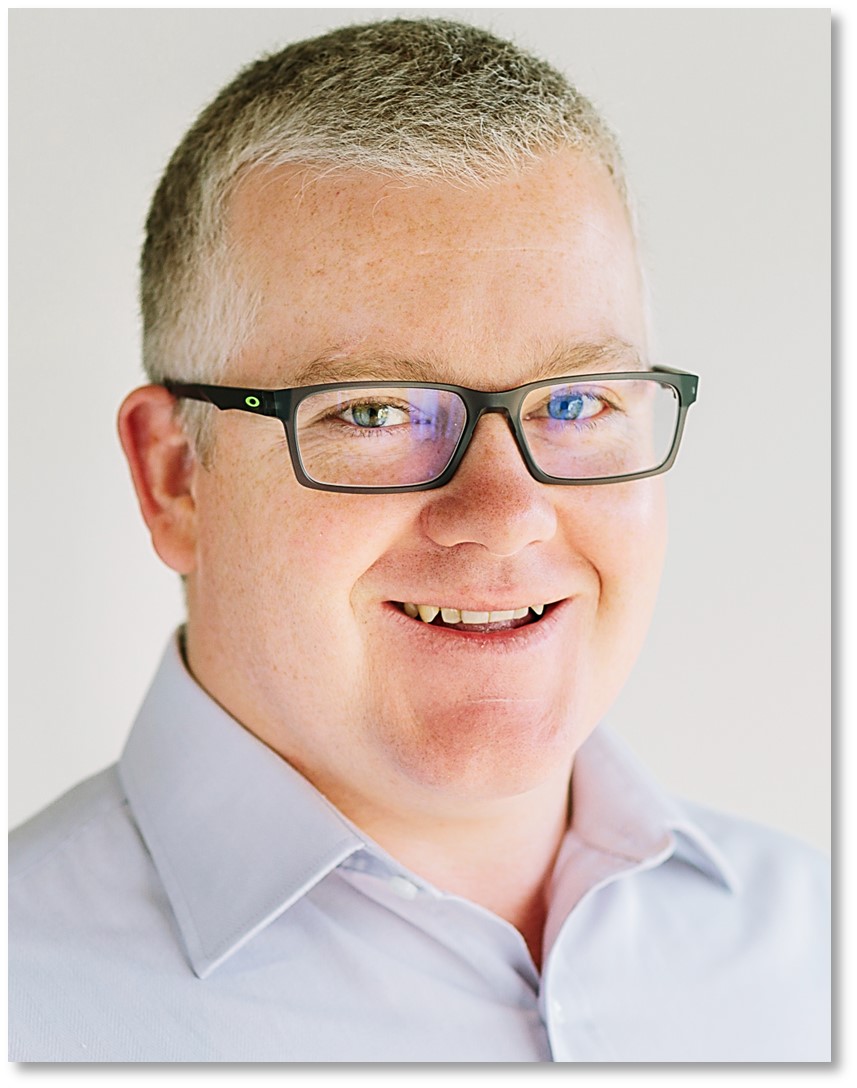
|
Tristan Clements is the Clinical Lead of Concussion Services and Senior Physiotherapist at ONE Rehabilitation Service in Adelaide. He leads an interdisciplinary allied health "mild" Traumatic Brain Injury management service, receiving referrals for people with persistent concussion symptoms from 2 weeks post-injury to years afterwards. He started his career as a rural and remote generalist physiotherapist before moving into rehabilitation roles in a regional centre. He began focussing on Traumatic Brain Injury from 2017. He has completed professional training in concussion management and persistent pain, and is an Australian Physiotherapy Association-accredited advanced vestibular rehabilitation clinician. Tristan loves working in an active and engaging profession, and in a team environment. He enjoys developing a rapport with clients and seeing them thrive and achieve goals. |
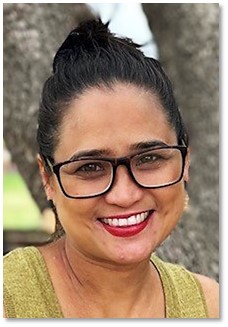
|
Dr. Sarah Price completed her Doctorate in Clinical Neuropsychology at La Trobe University. She holds the position of Senior Clinical Neuropsychologist at the Barwon Health's McKellar Community Rehabilitation Centre in Geelong. Sarah has extensive experience in brain injury rehabilitation and working in interdisciplinary teams. Sarah is passionate about helping clients understand the effects of their brain injuries on their cognition, mood, and behaviour. She has published in peer-reviewed journals characterising memory difficulties associated with mild cognitive impairment and the development of a psychometrically sound feedback competency checklist for use in training provisional psychologists. More recently, Sarah’s work has focused on the development of an evidence based inter-disciplinary intervention group for clients with persisting symptoms following concussion. |
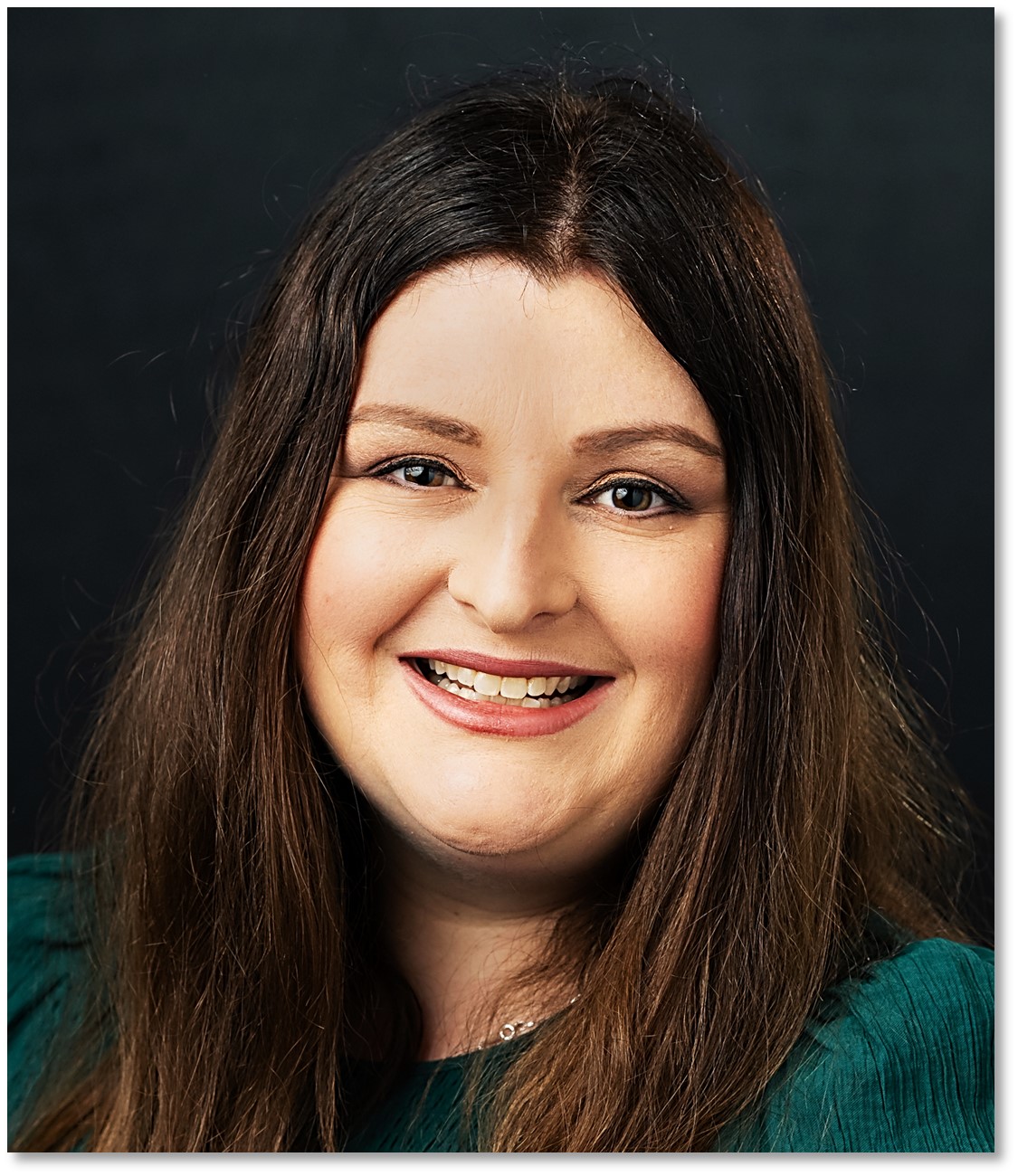
|
Associate Professor Lyndsey Collins-Praino completed a PhD in behavioural neuroscience from the University of Connecticut and a post-doctoral fellowship in cognitive neuroscience from Columbia University. She leads the Cognition, Aging and Neurodegenerative Disease Lab (CANDL) in the School of Biomedicine at the University of Adelaide, where her research takes a bench-to-bedside approach to investigate the brain mechanisms that predict the onset and progression of cognitive decline in healthy ageing and neurological conditions, such as traumatic brain injury and Parkinson’s disease. Overall, this work aims for earlier identification of risk for improved diagnosis and prognosis and more targeted therapeutic intervention. She is a 2016 South Australia Tall Poppy and has obtained over $8 million in competitive research funding over the past 5 years alone, including grants from the Medical Research Future Fund, Australian Research Council and multiple philanthropic bodies. Further, she is an award-winning neuroscience educator, receiving multiple awards, including STEM Educator of the Year for South Australia, the University Award for Outstanding Achievement in Teaching (the highest award bestowed on an educator by the University of Adelaide) and a national Citation for Outstanding Contribution to Student Learning. |
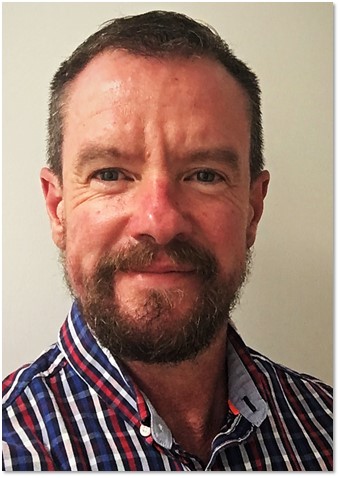
|
Dr. Alexander Smith is a Gundungurra man working part-time in Faculty Operations at UNSW Sydney. His PhD and published work focus on educational psychology principles of reducing cognitive load; and modifying instructional design to improve knowledge acquisition, problem-solving skills, and learning outcomes for individuals with chronic pain. Alexander’s line of inquiry developed from his lived experience of Traumatic Brain Injury sustained from a motorcycle accident on his way to university during his master’s degree studies – he experienced: physical and cognitive fatigue; difficulty in understanding auditory information and instructions; and difficulty remembering, learning, and applying new skills, made navigating the day-to-day, tertiary study, and workplace a very challenging landscape. However, in partnership with healthcare providers, university equity support structures, and line managers, Alexander has been able to study, work at, and contribute to the university. He has found similar support, community, and achievement through Physical Disability Rugby League, where he is an Australian World Cup Development Squad member. |
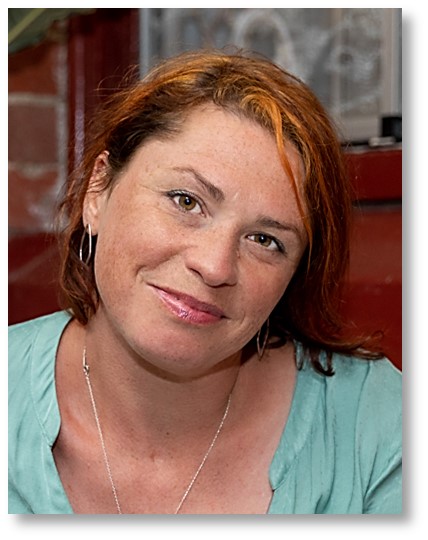
|
Eva Sifis is well versed in the brain injured experience: a colourful life lived, half without and half with what was a severe Acquired Brain Injury (ABI). Her former career as an international performer in dance informed physical rehabilitation to a large extent. Her drive, determination and self-belief assuring a life-long recovery that continues to feed her curiosity and investigation in to what makes us all ‘better’. Her focus has now shifted definitively into advocacy - as founder and director of Australias first training for people with ABI and experience of trauma, "By Accident", she develops the foundation for Give A Care support agency in Melbourne. Evas belief in the benefits her life-changing circumstances have given is what drives her today to support others to find their "New You". p> |
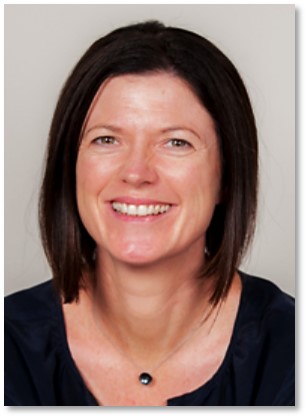
|
Penny White has extensive experience in the disability sector working in multiple Australian States as well as the United States and New Zealand. A background in physiotherapy and case management led her to her current role as Senior Manager Lifetime Support for South Australian's Lifetime Support Authority, with a passion to support participants of the Lifetime Support Scheme to engage in their community, living a life that matters to them. Person-centred practice with a focus of building independence and autonomy for people living with serious injury is key to her leadership of the Services Team at Lifetime Support Authority. |
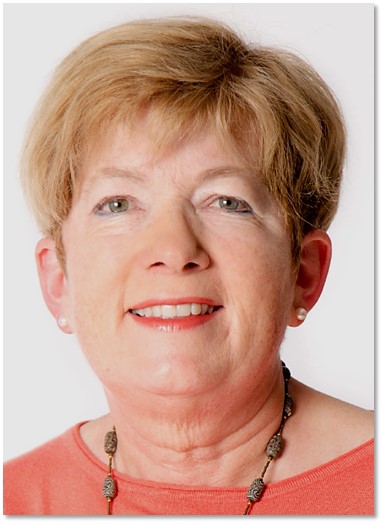
|
Liz Forsyth is the CEO of Brain Injury SA – the peak Body and a service provider, working with and for the Acquired Brain Injury (ABI) community in South Australia. Completing training as an Occupational Therapist in the UK, Liz has worked a variety of rehabilitation settings in both the not-for-profit and commercial sectors. Her leadership roles have extended across the health, disability and community service sectors, ranging from establishing brand new services to driving new direction for established organisations over a century old. A bit of a rebel at heart, Liz has always been committed to supporting people achieve their aspirations through pushing boundaries, and challenging the status quo, whilst using creativity to find better solutions. Liz joined Brain Injury SA in 2018 at a time of significant change in the provision of disability services in Australia. Brain Injury SA is committed to a holistic approach to its work assisting people pursue the life they want to live following ABI. |
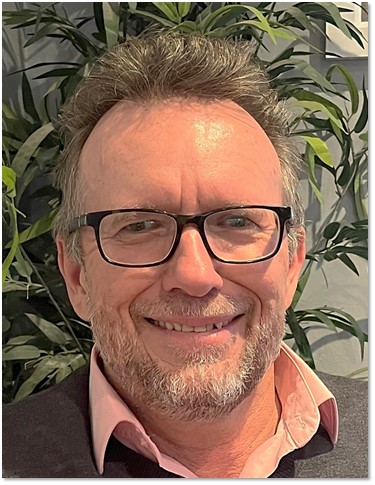
|
Garry Whittaker has been the Regional Manager for Training Services NSW within the NSW Department of Education since 2014 - leading and managing the effective delivery of NSW Government-subsidised Vocational Education and Training programs and services to the community and support services to apprentices, trainees and their employers across the Riverina-Murray Region. Garry has over 30 years’ experience as a learning and development professional having previously held roles with NSWTAFE, Australian Federal Police, NSW Corrective Services, NSW State Emergency Service and Charles Sturt University developing, implementing and delivering learning programs and workforce development solutions. In 2020 Garry suffered a severe Traumatic Brain Injury (TBI) resulting in aphasia - an acquired impairment of language generating marked difficulties in naming and word-finding abilities. Following release from St. George Hospital in Sydney, Garry accessed the recovery services initially available through the Macquarie University Speech and Hearing Clinic and then from the South-West Brain Injury Rehabilitation Service in Southern NSW. In addition to the allied health support available through these speech pathology services Garry also initiated an evidence-based cognitive computerised brain training regime based on the principles of neuroplasticity into his rehabilitation and successful return-to-work strategies. He is now a passionate advocate for how well-being can be enhanced by including brain fitness in everyday living to maintain and enhance cognitive health. |
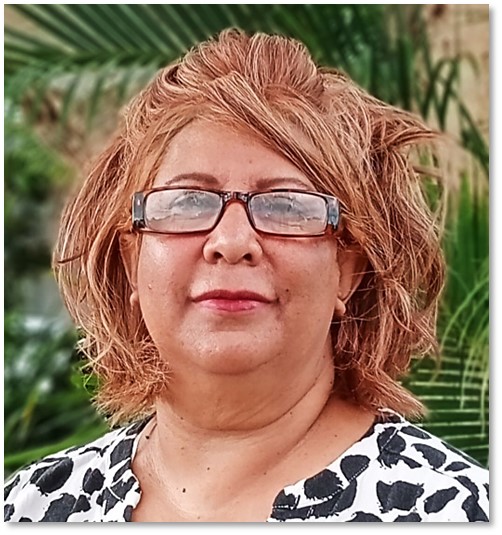
|
Yasmin Johnson is a proud Wulgurukaba woman from Yunbenun (Magnetic Island and Townsville, Queensland) with strong cultural connections to the Bwcolgman people of Palm Island, the Ngaro people of the Whitsundays and the Goreng Goreng people of North Central Queensland region. Yasmin’s extensive work over the past 20 years has focused on early family crisis intervention work and, more recently, as a specialised practitioner in Domestic and Family Violence. Yasmin is a published author in creative writing and is a Research Associate at the Institute for Culture and Society at Western Sydney University. |



